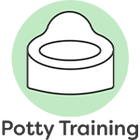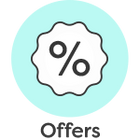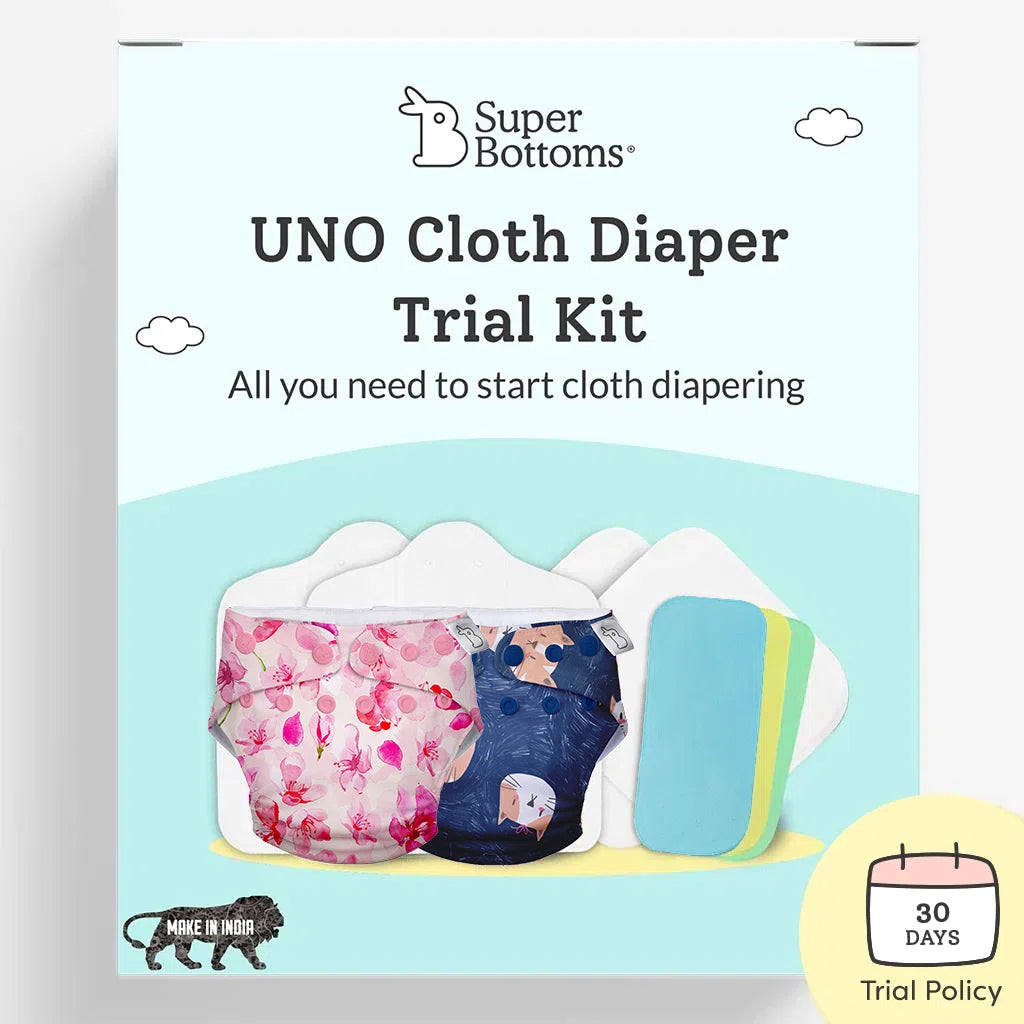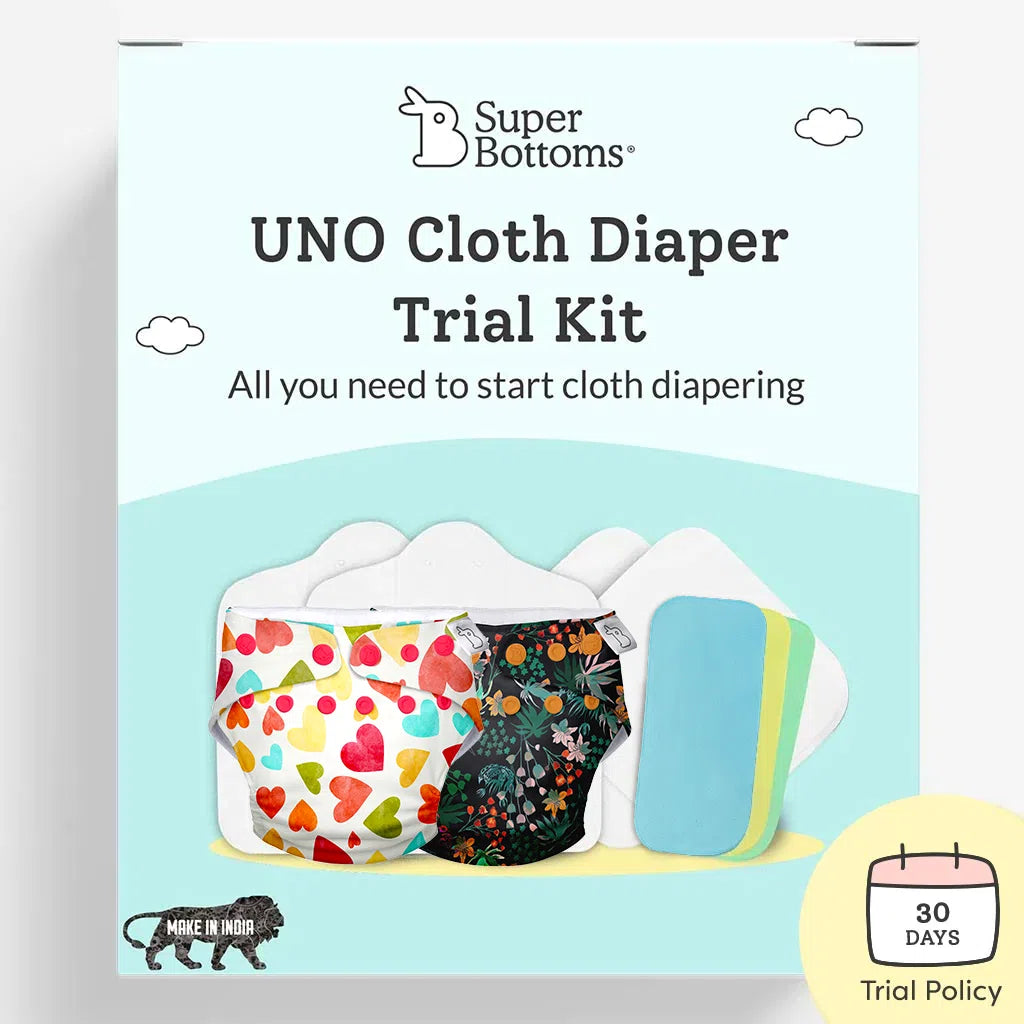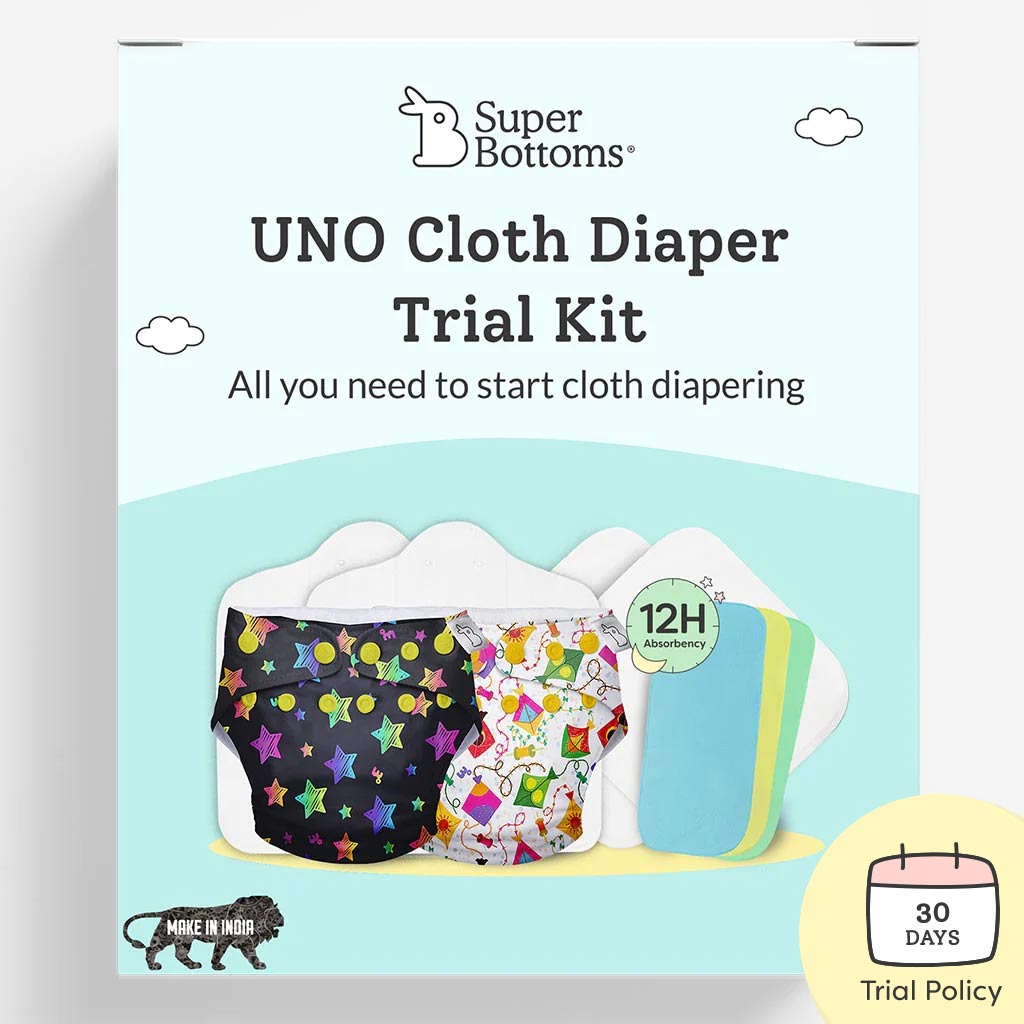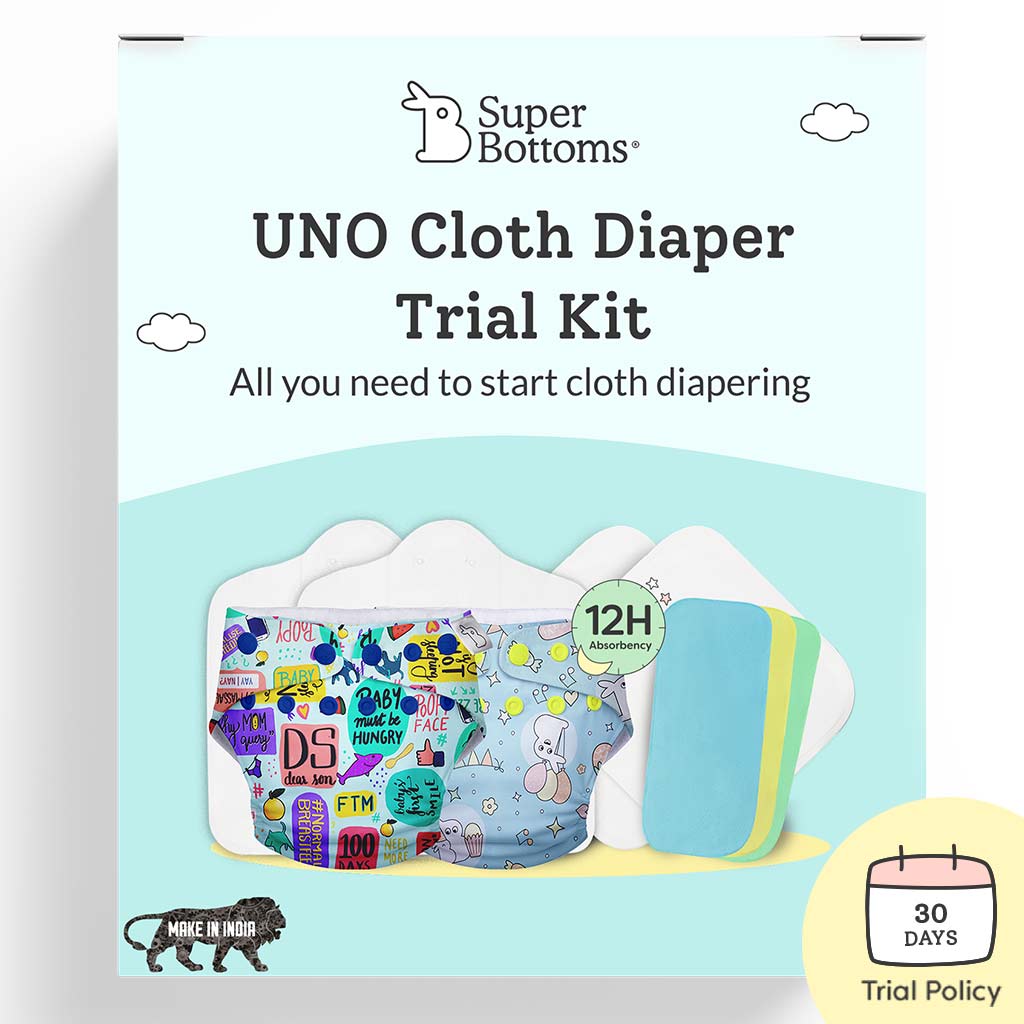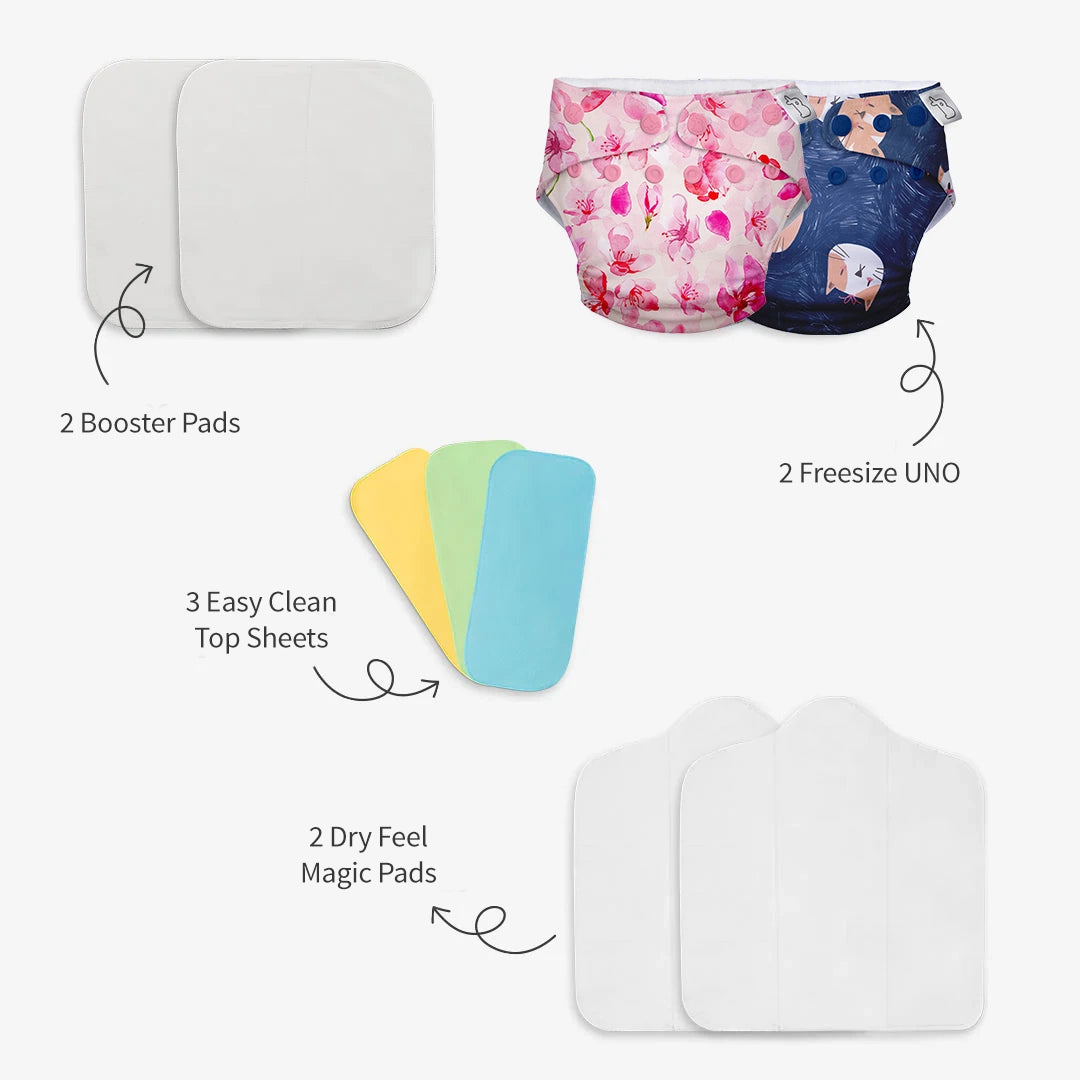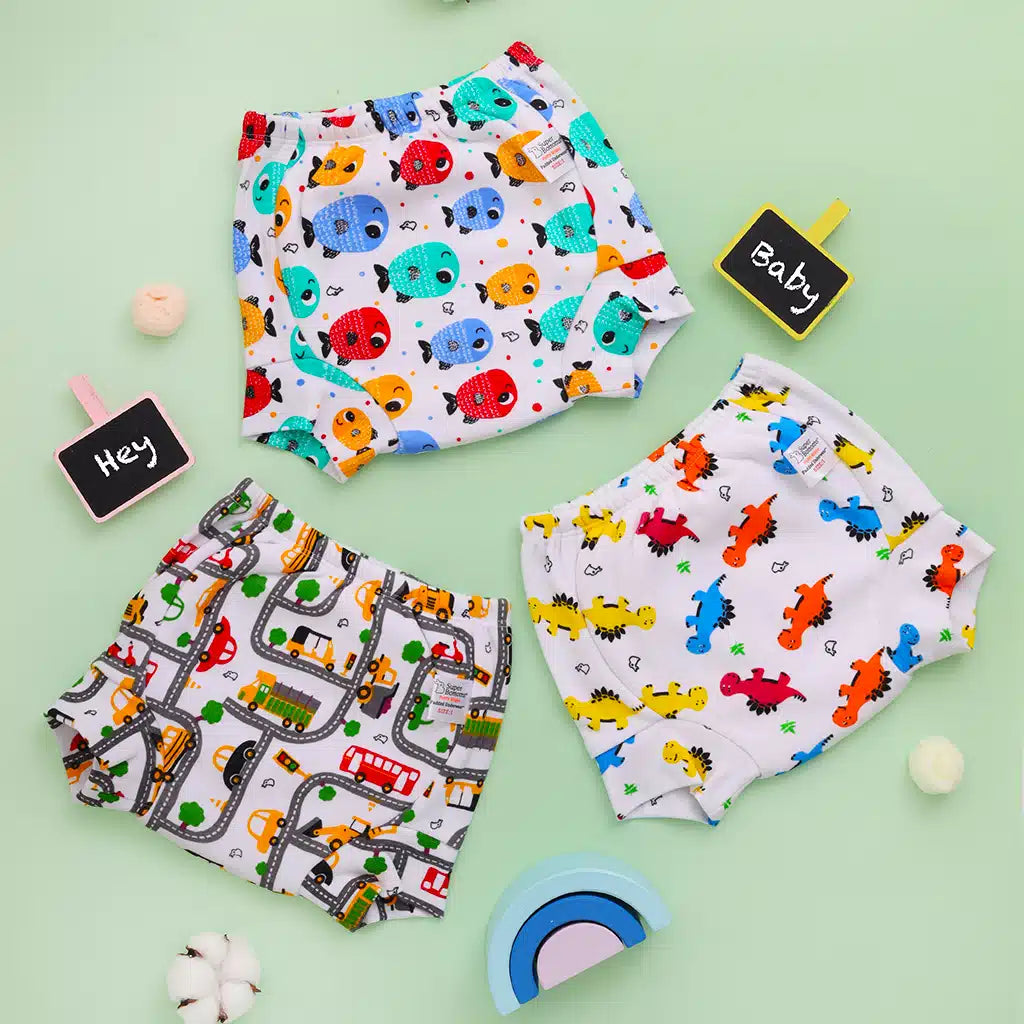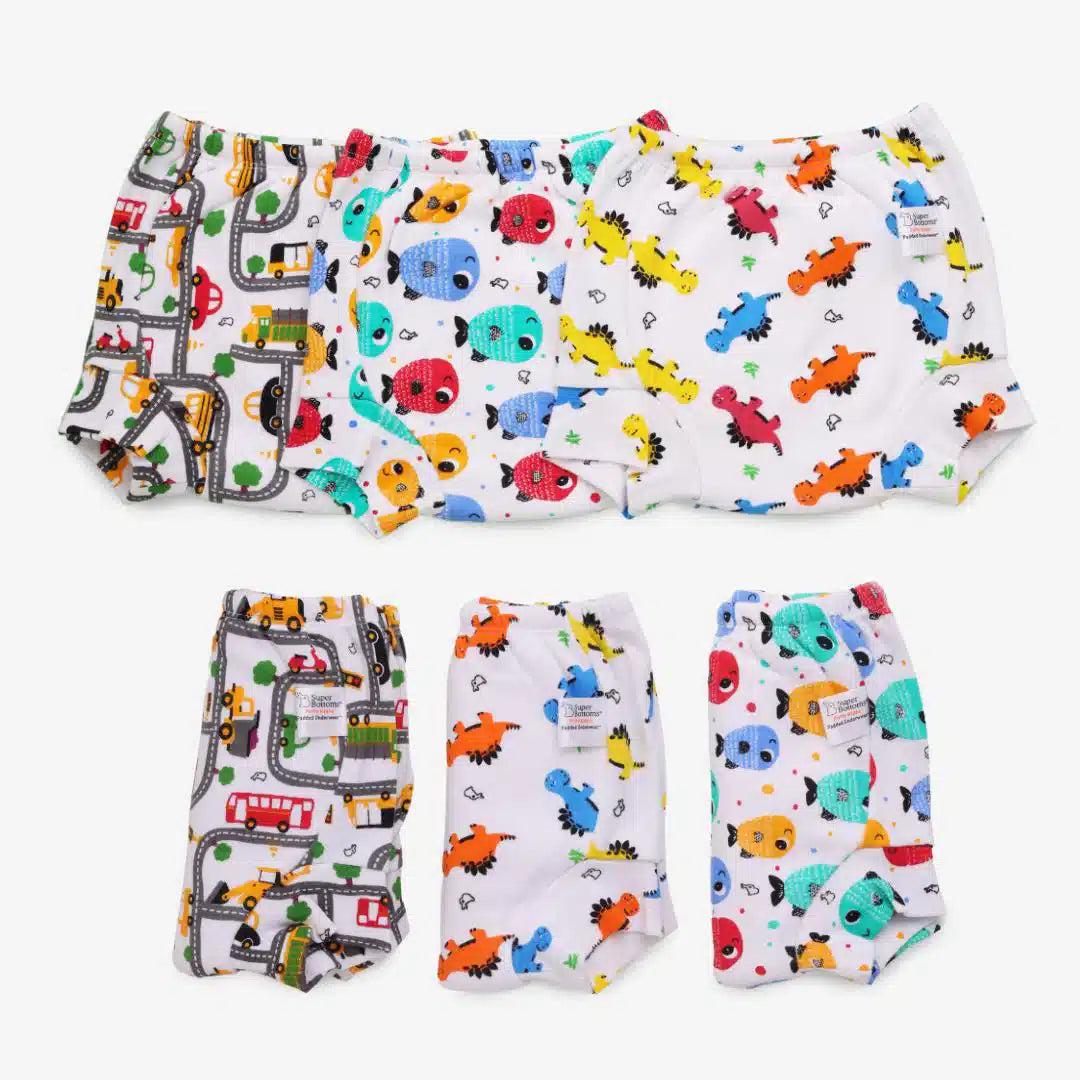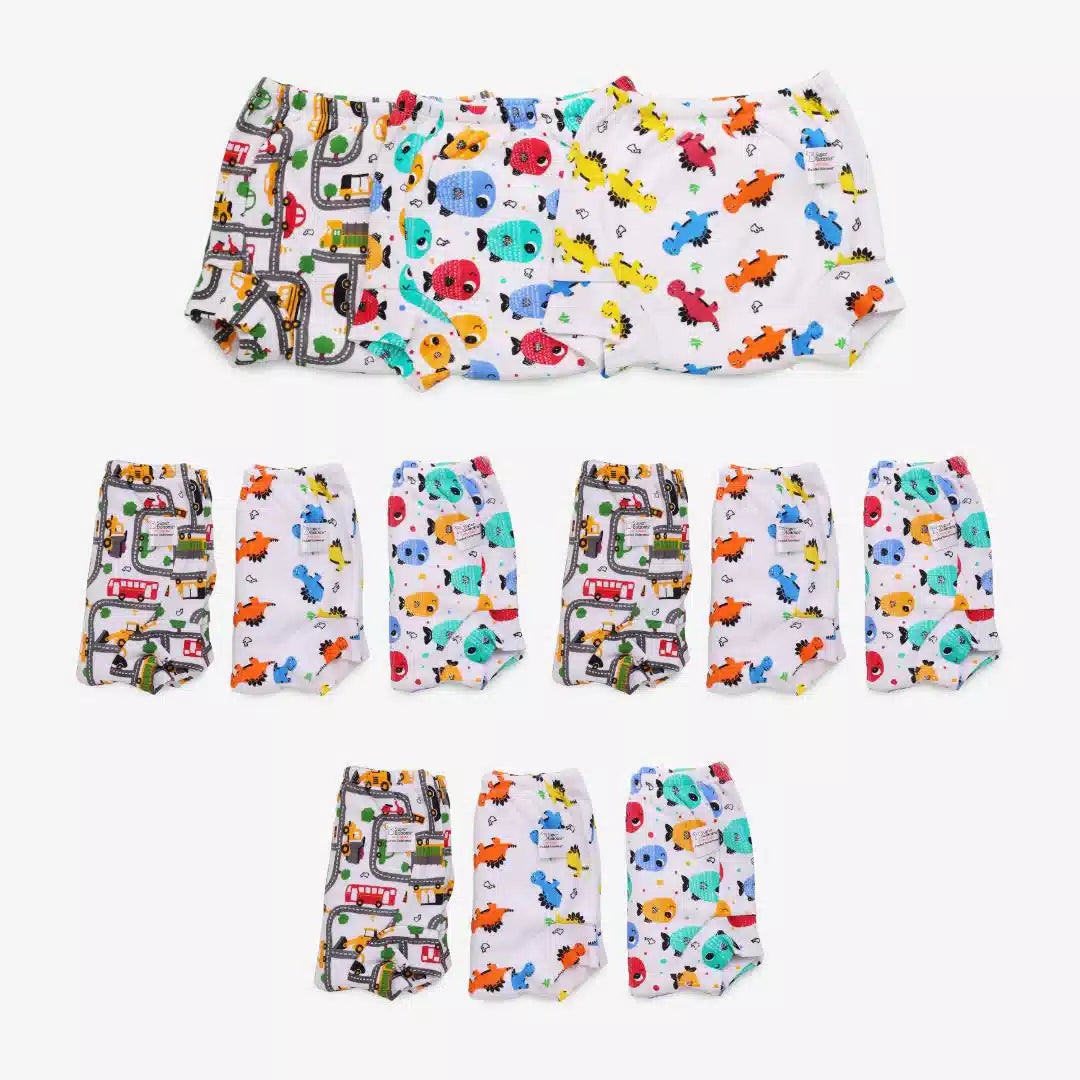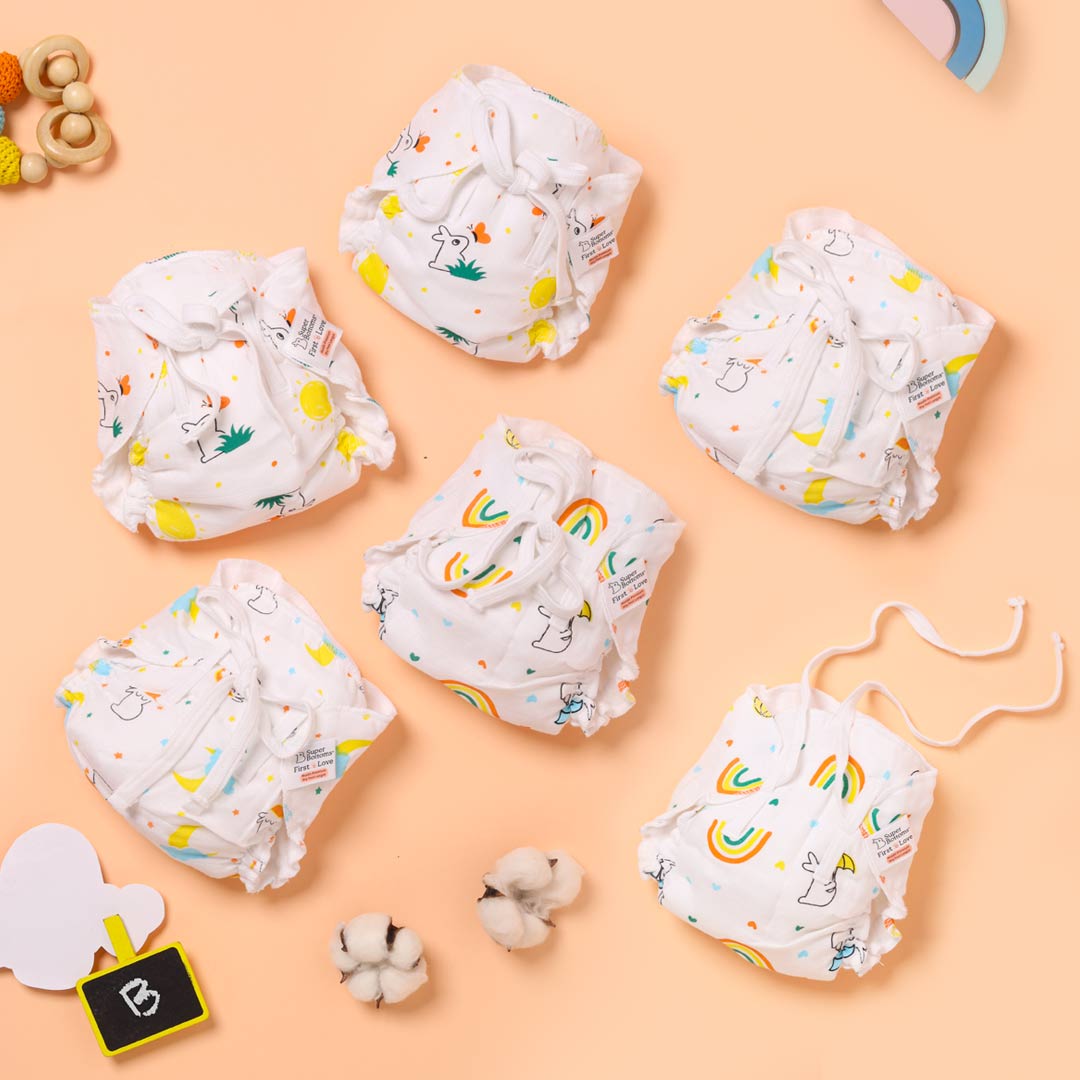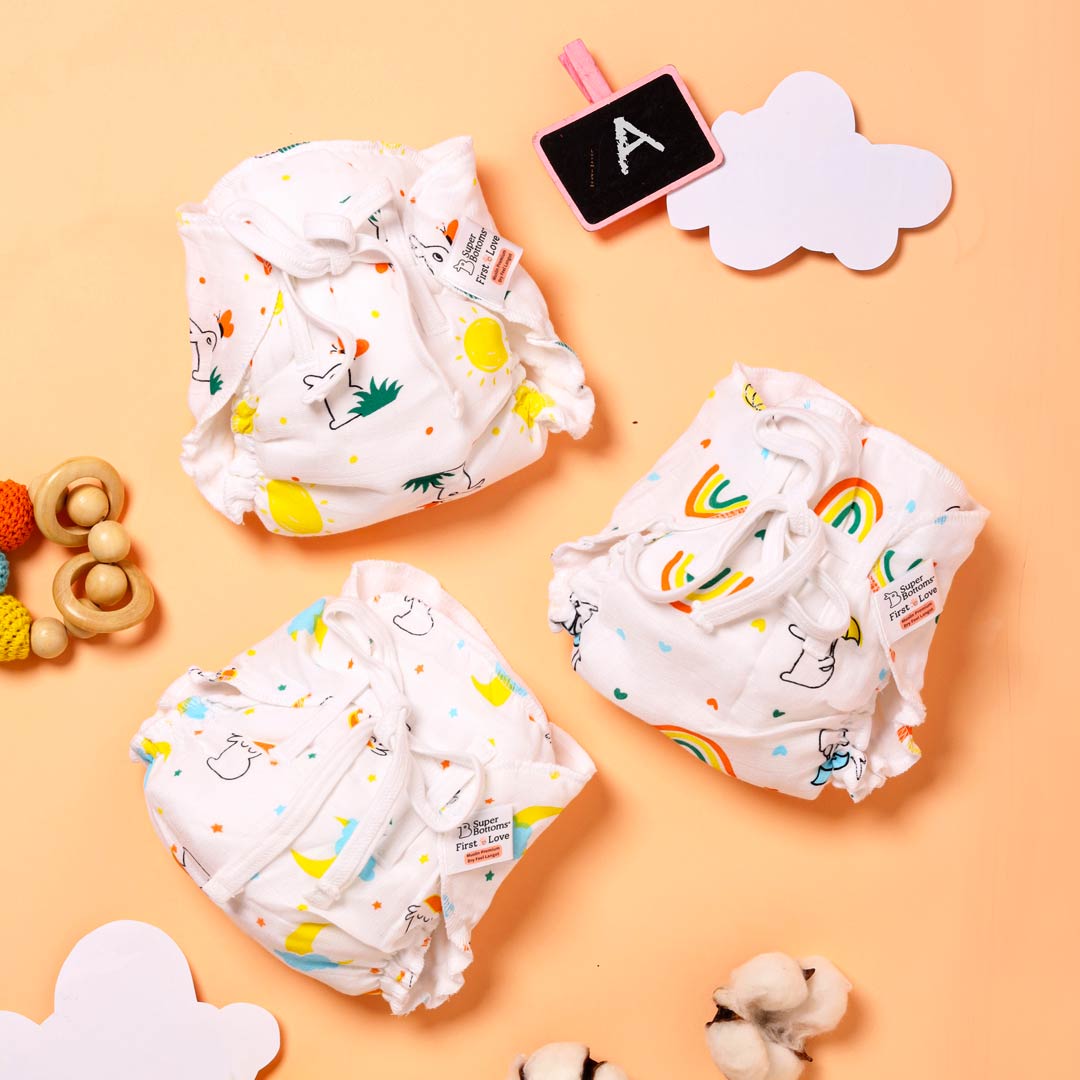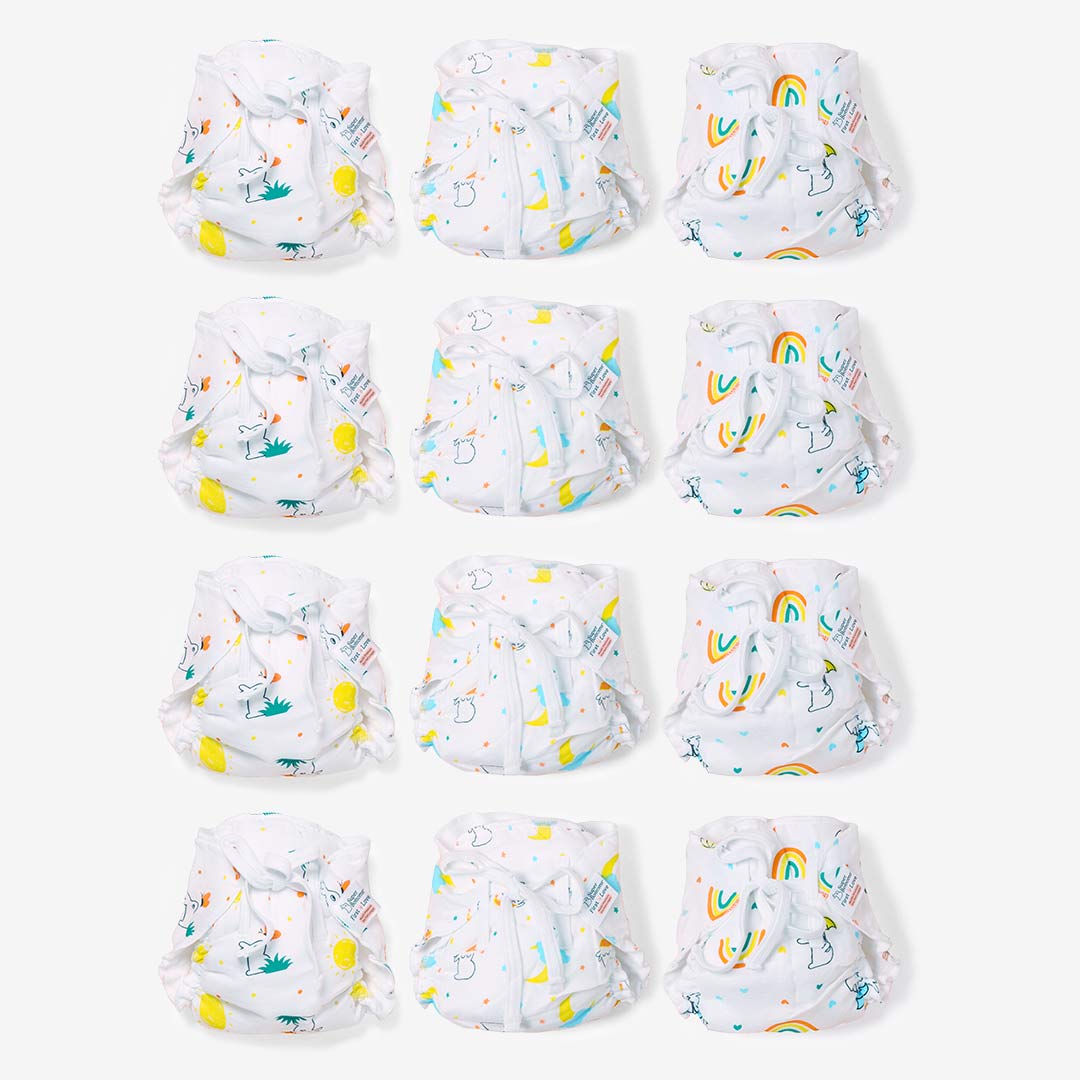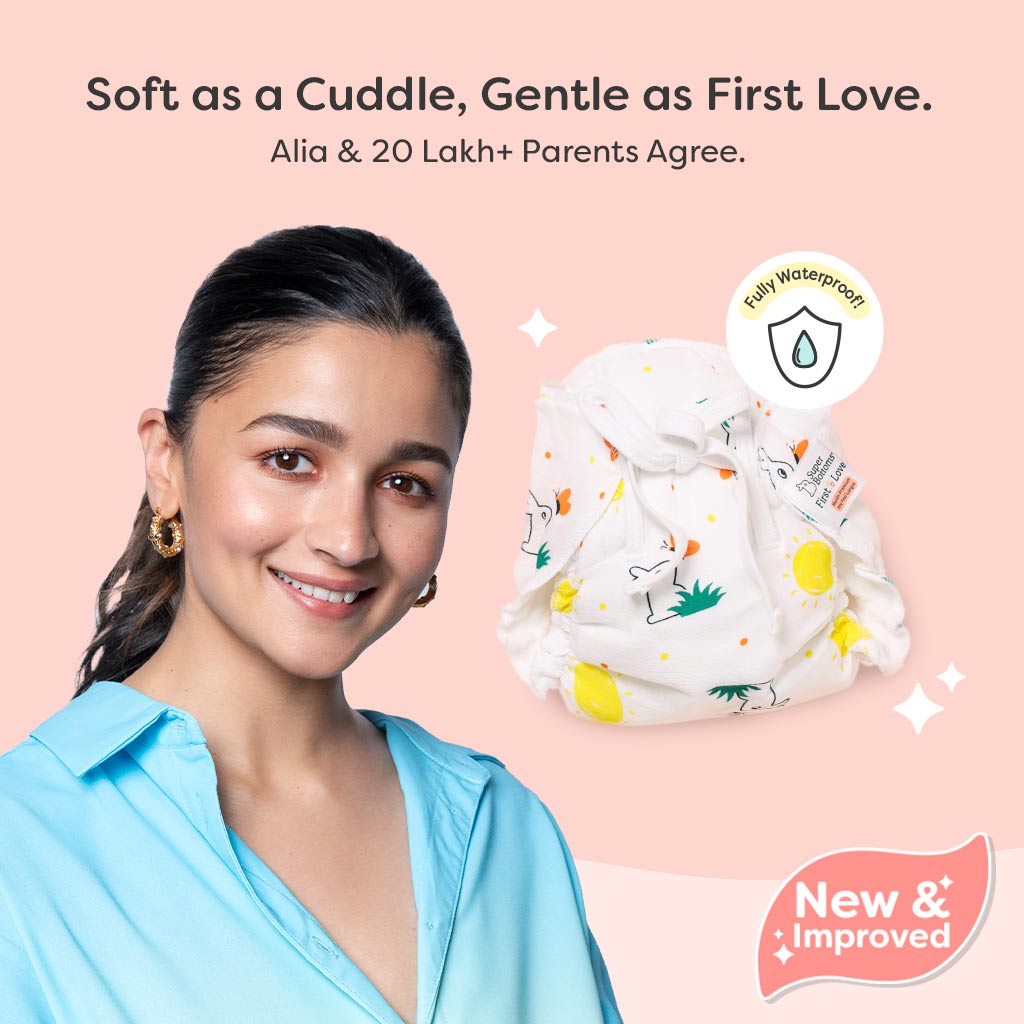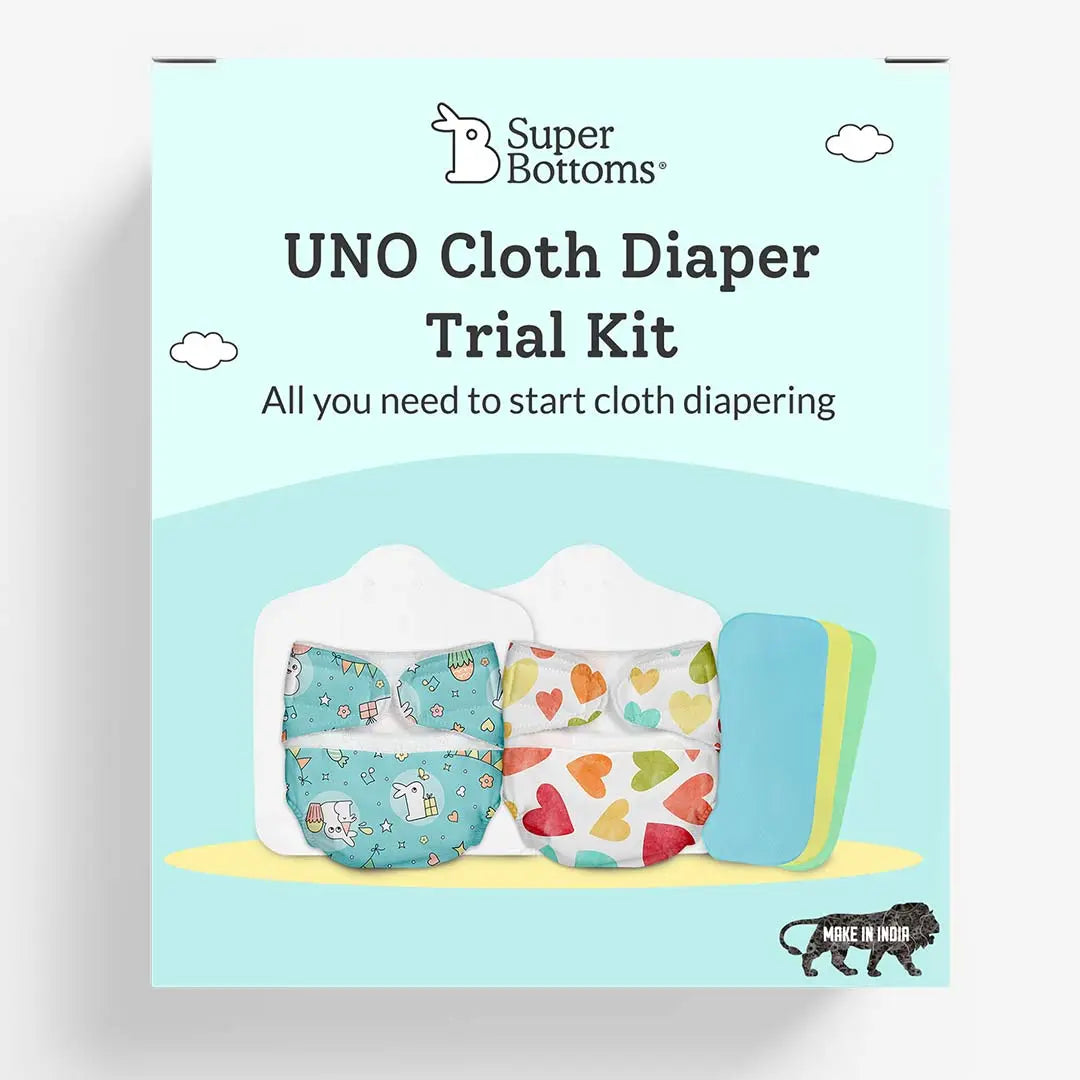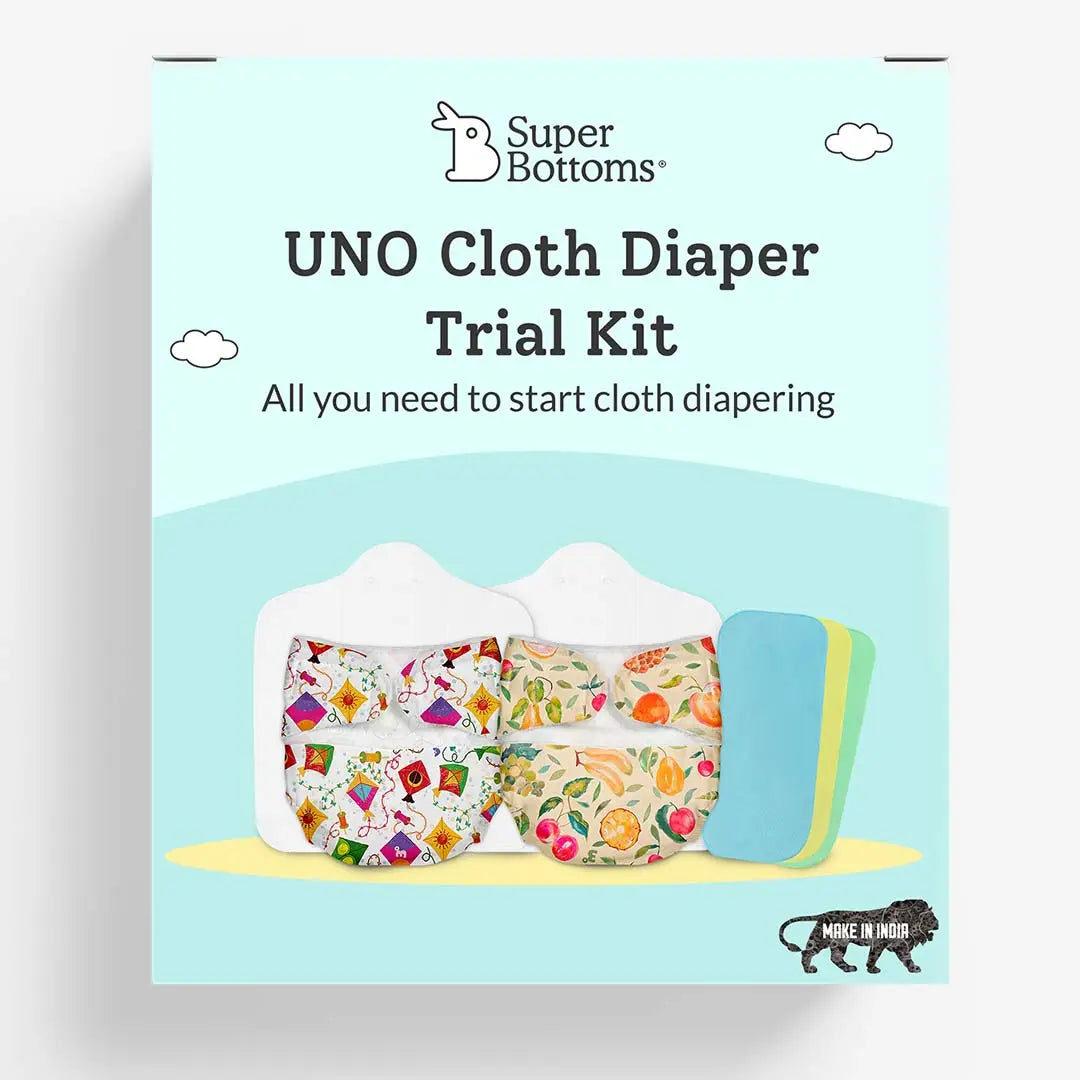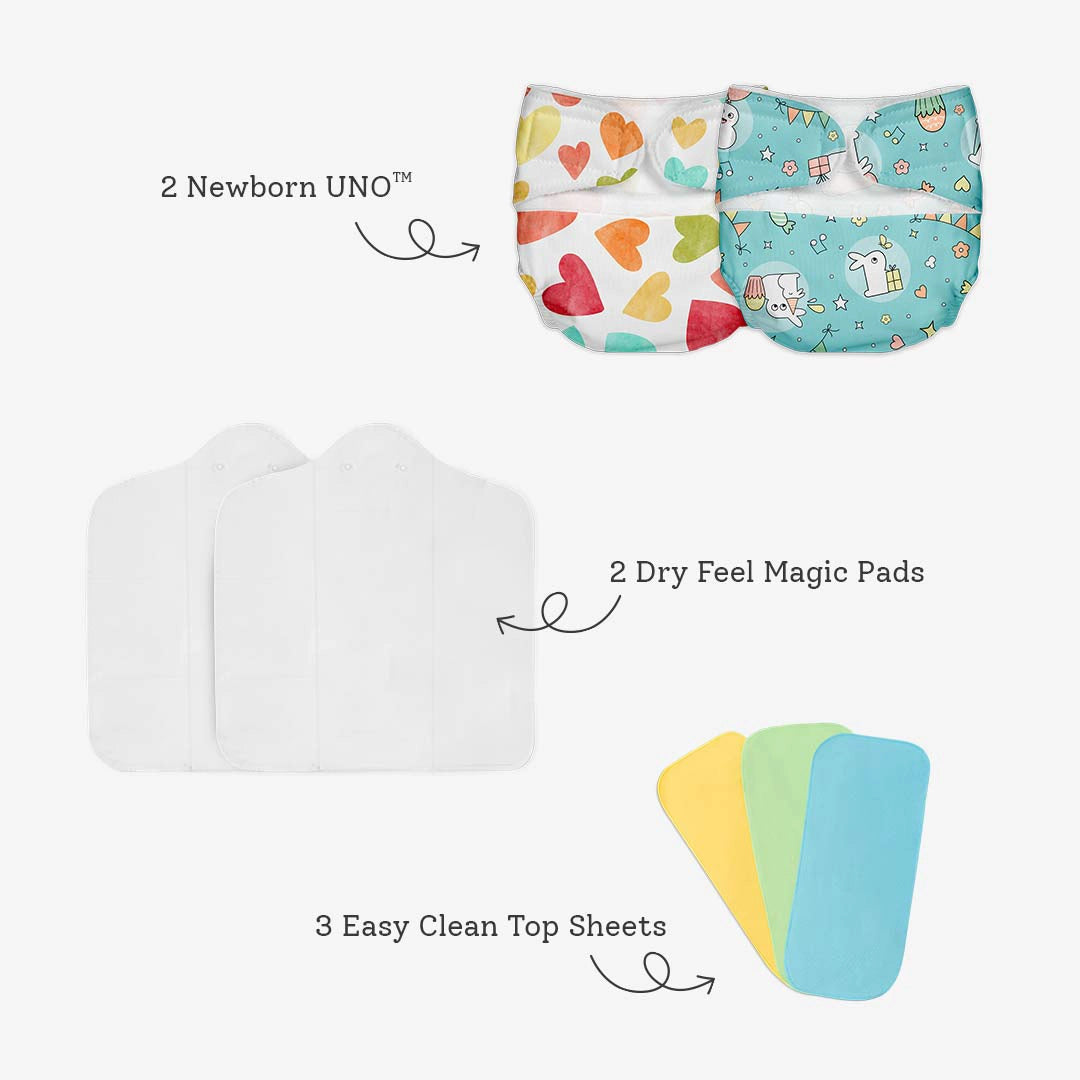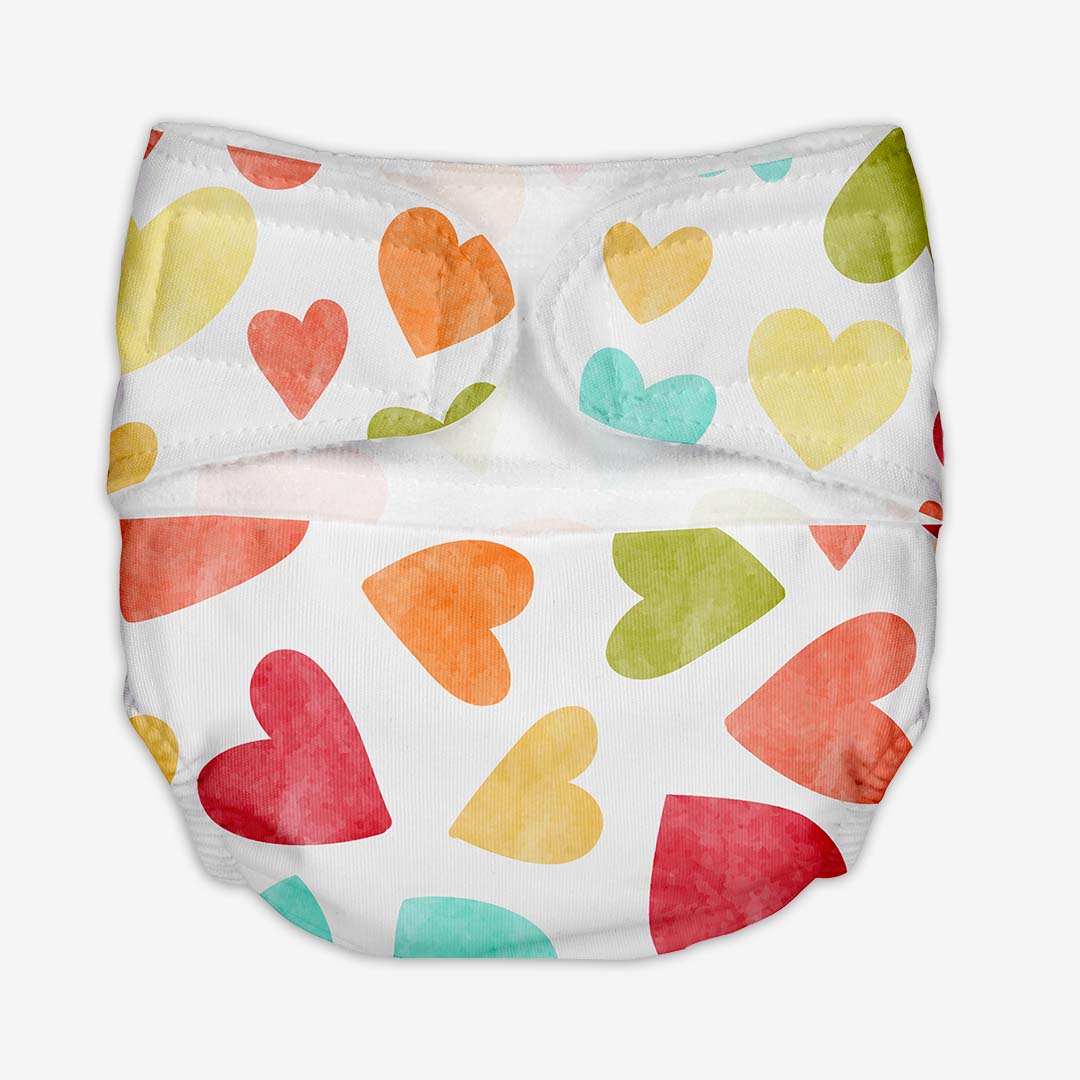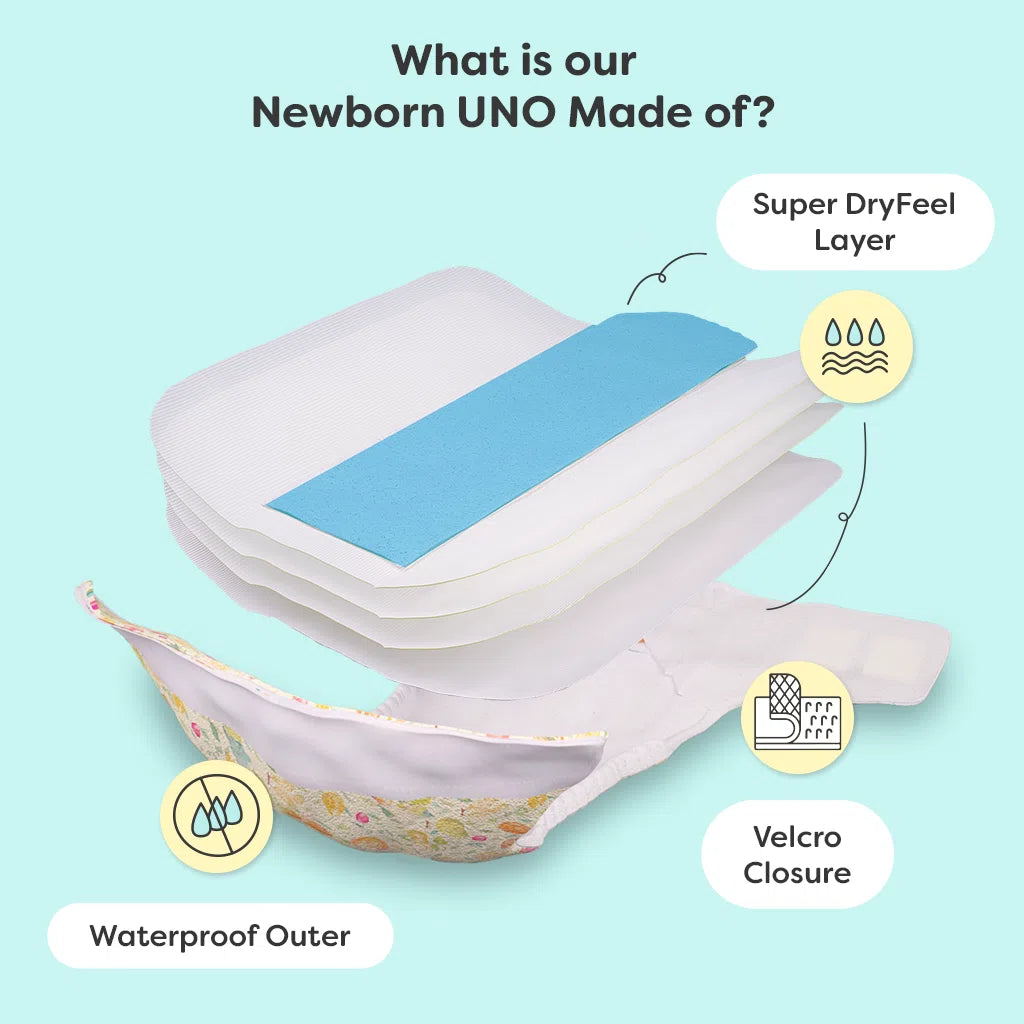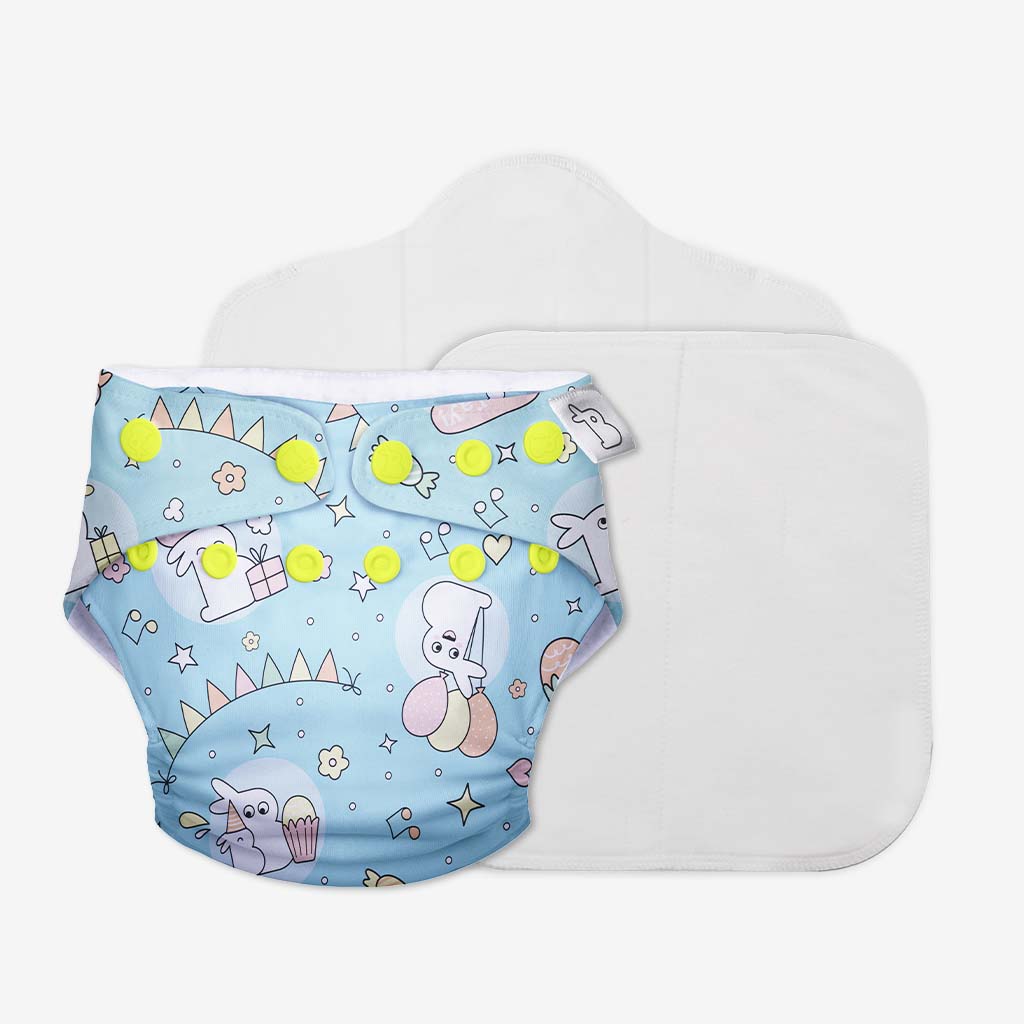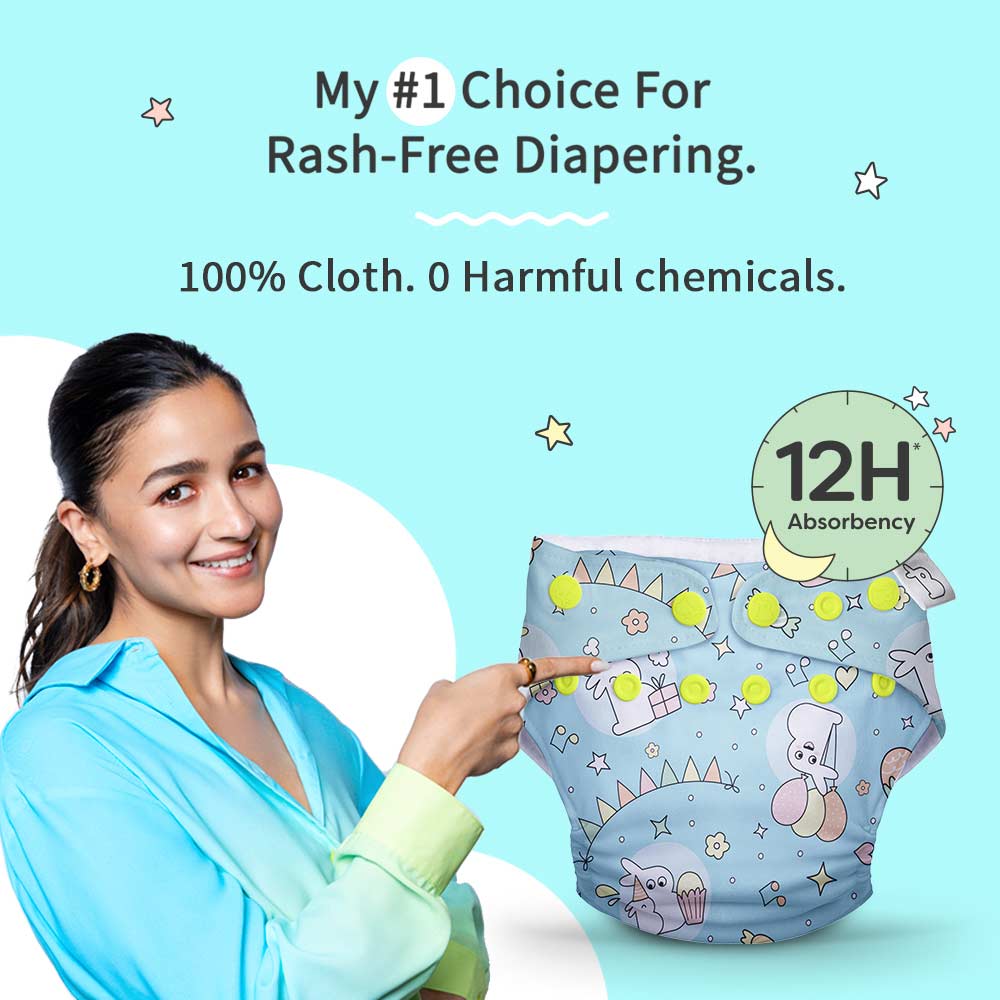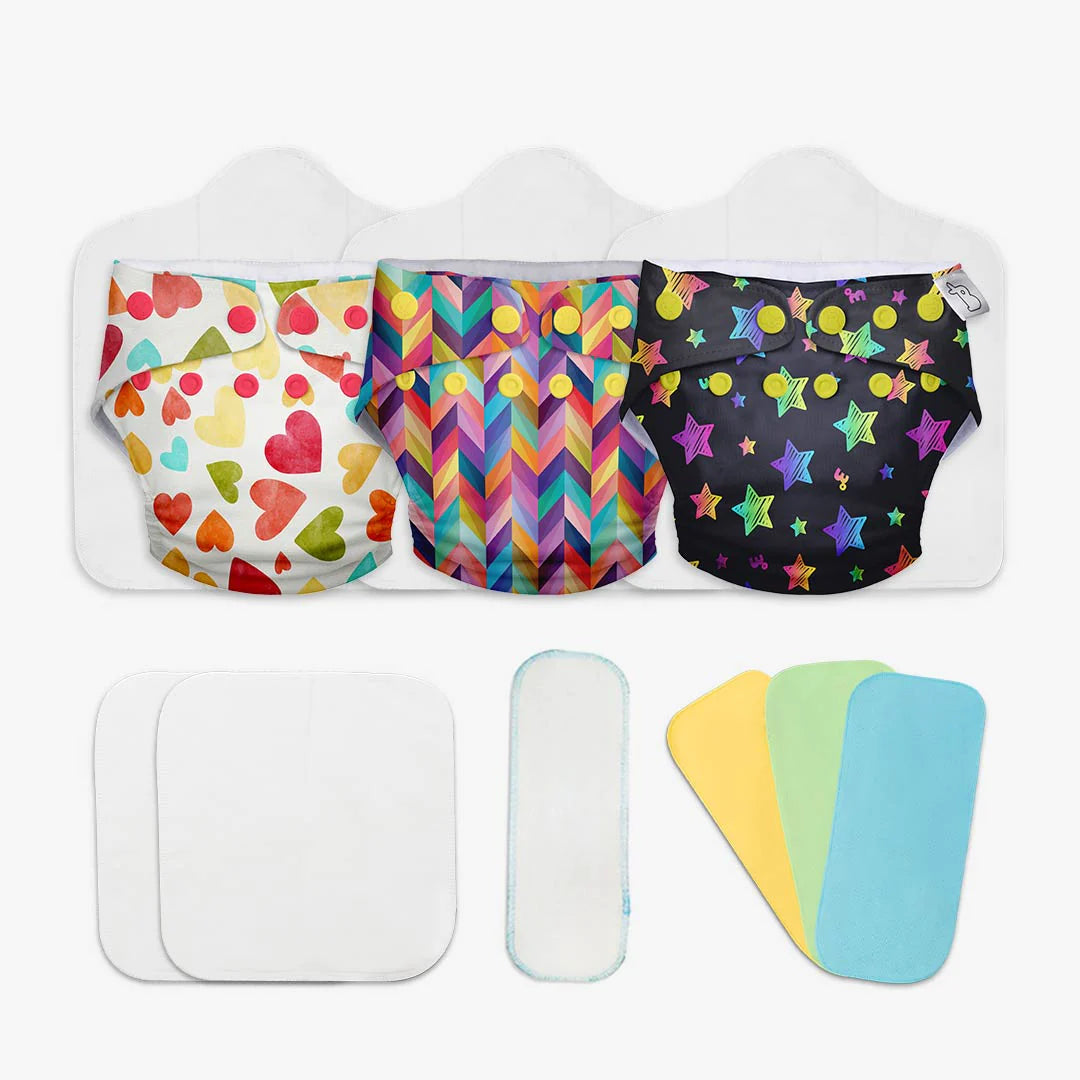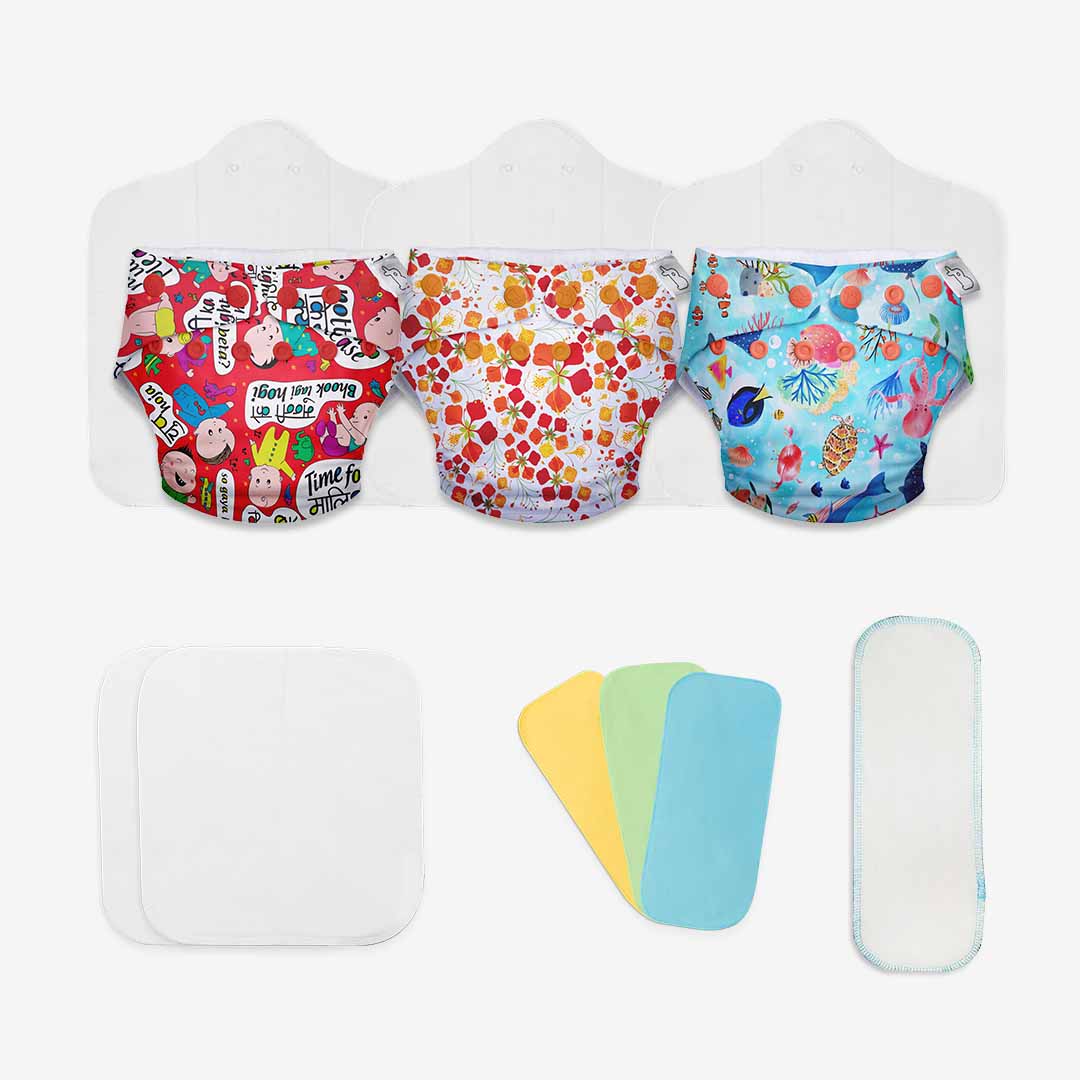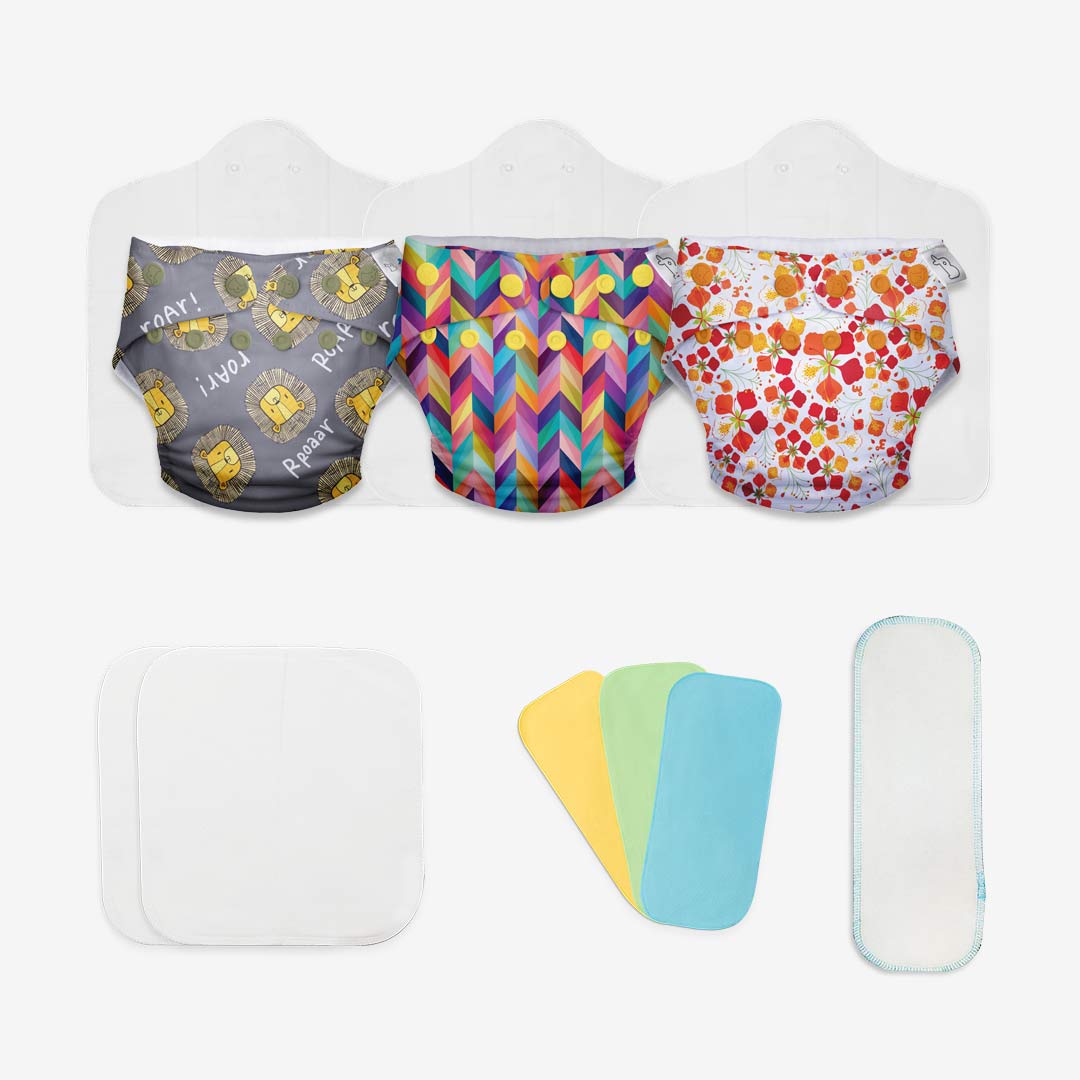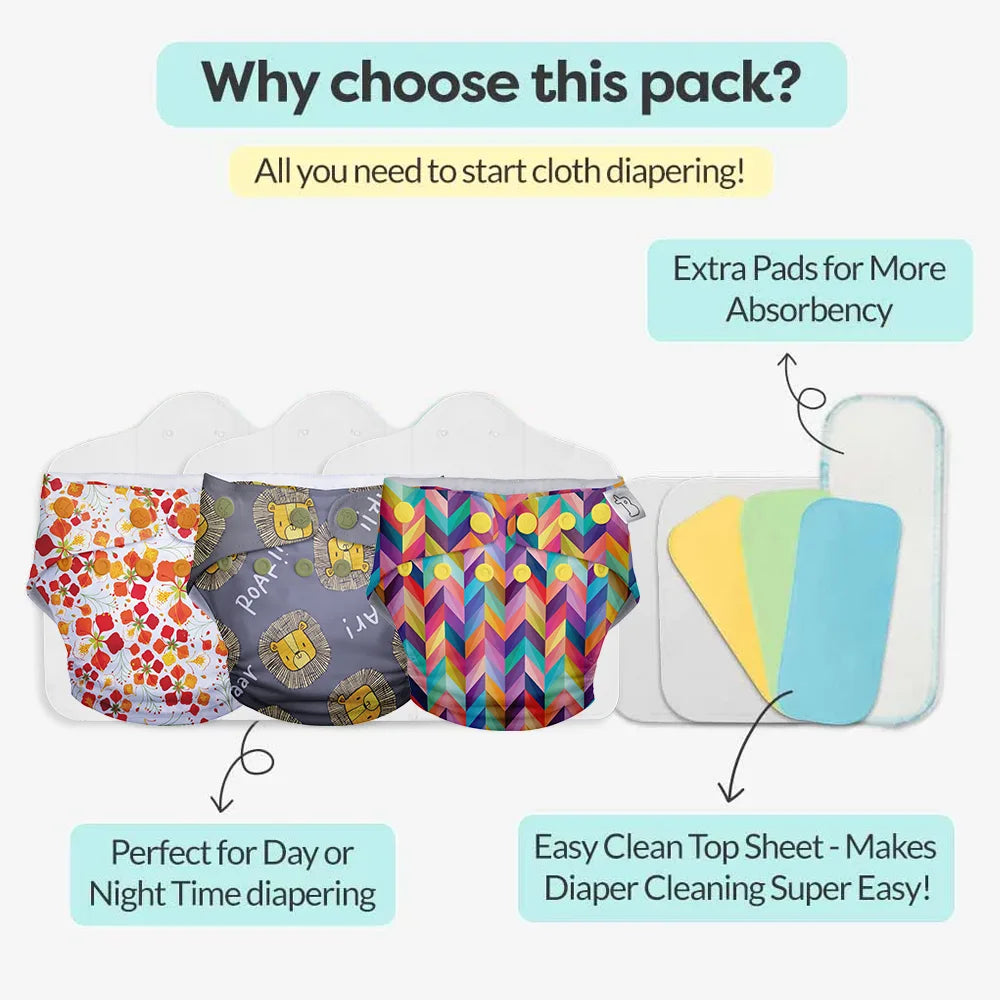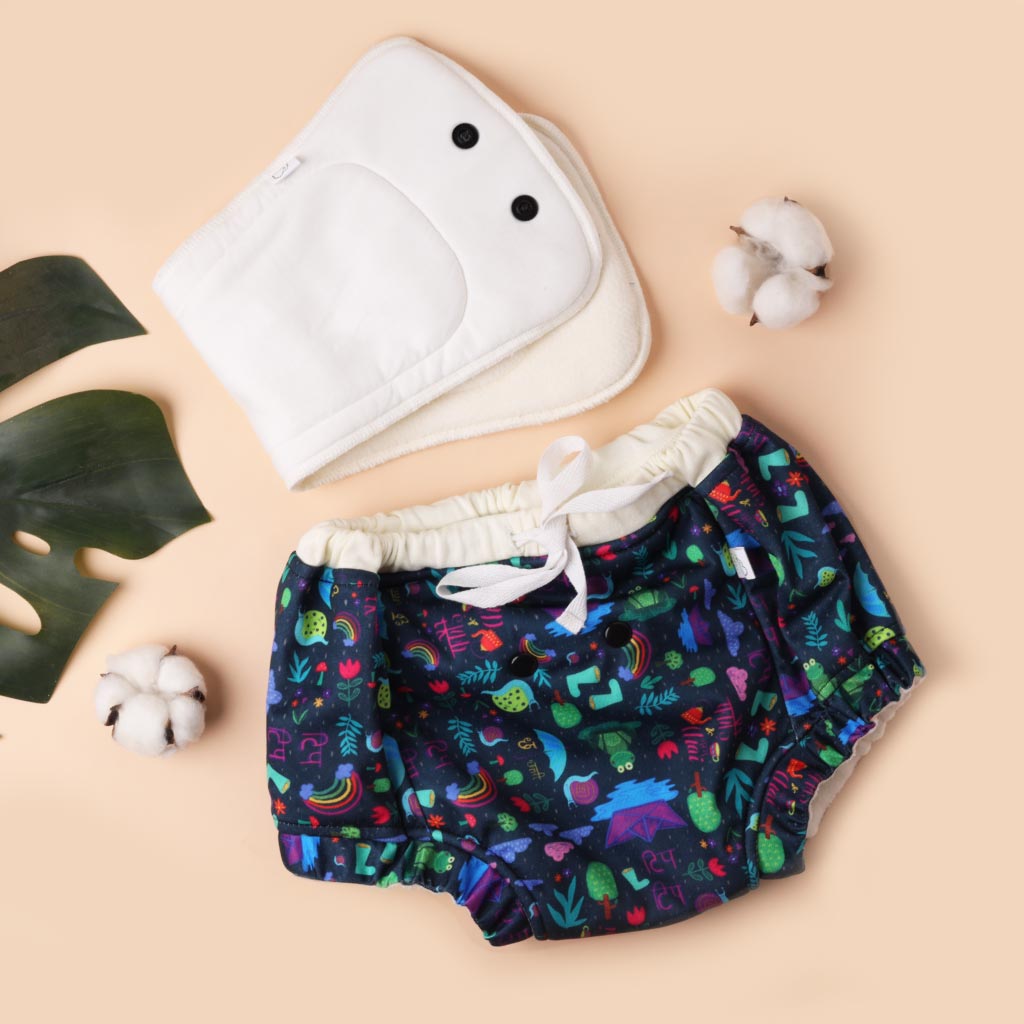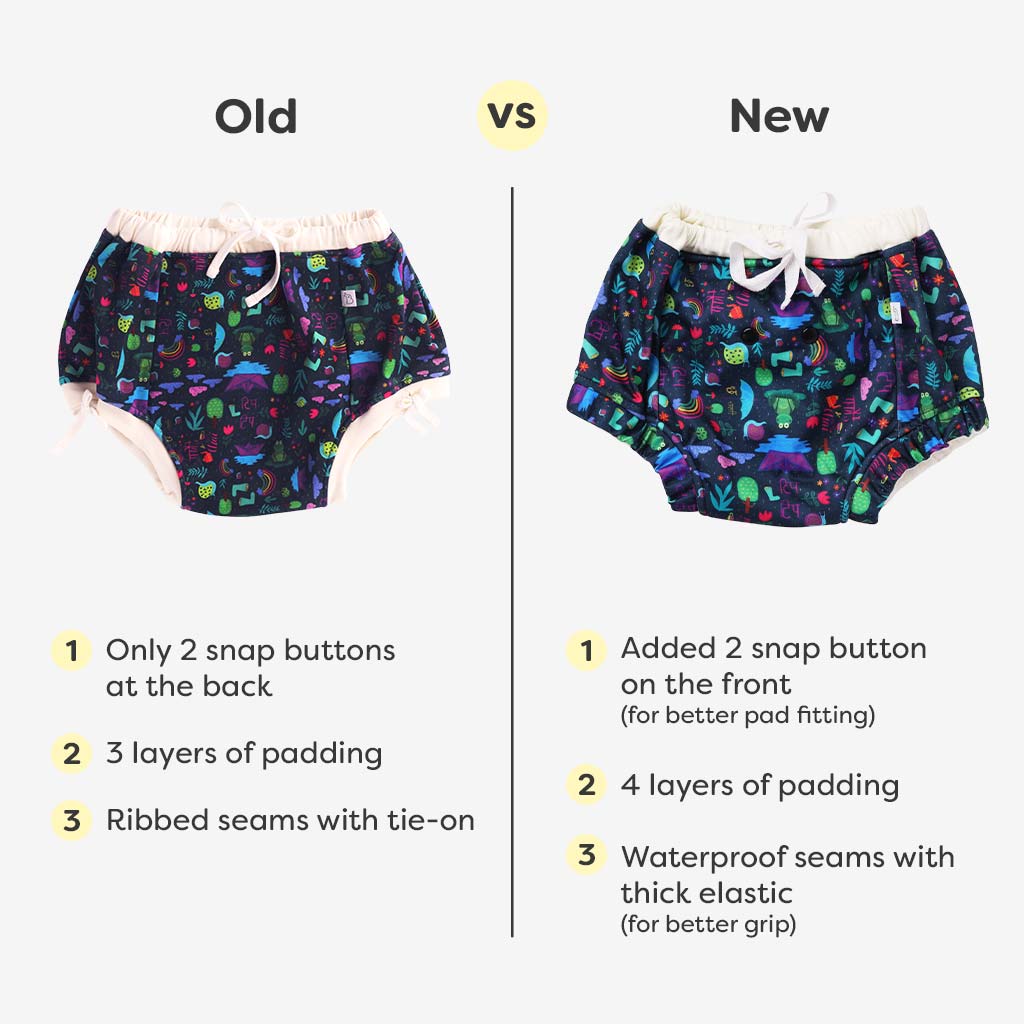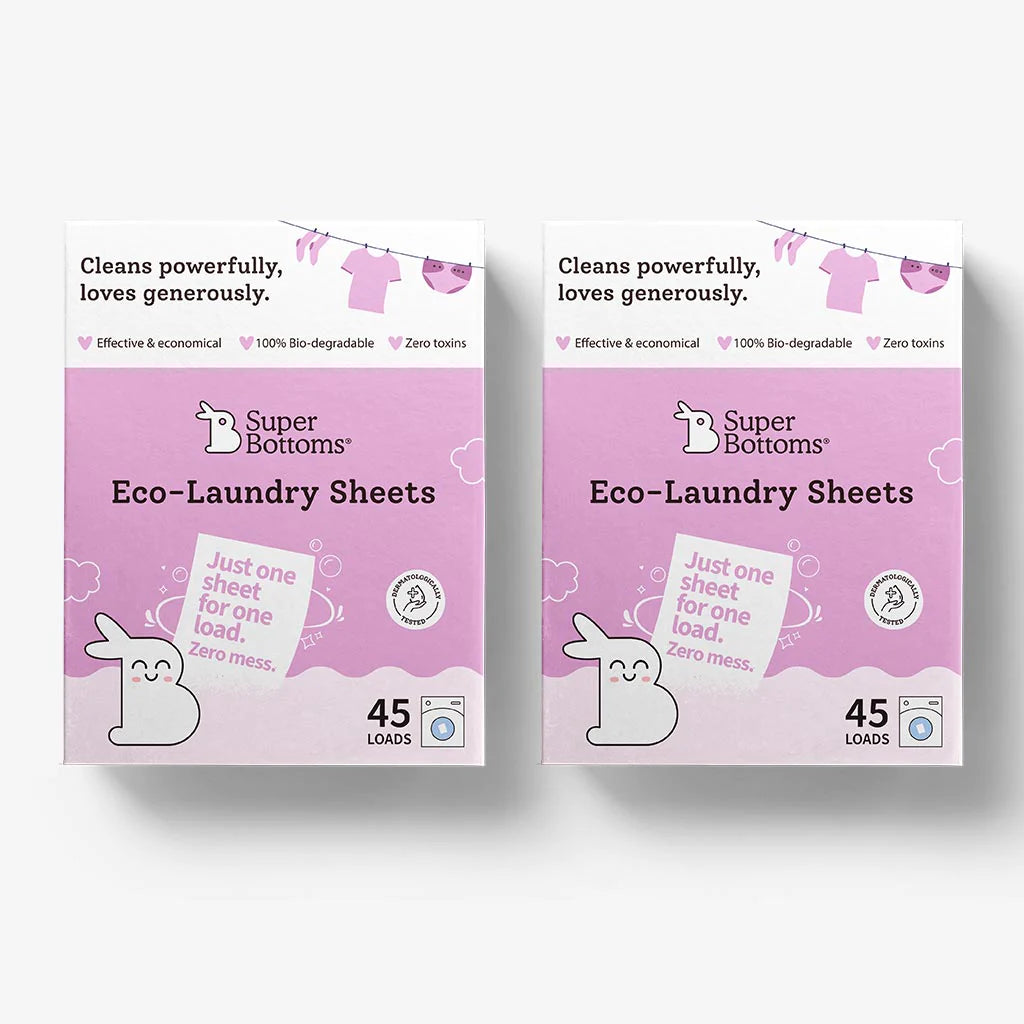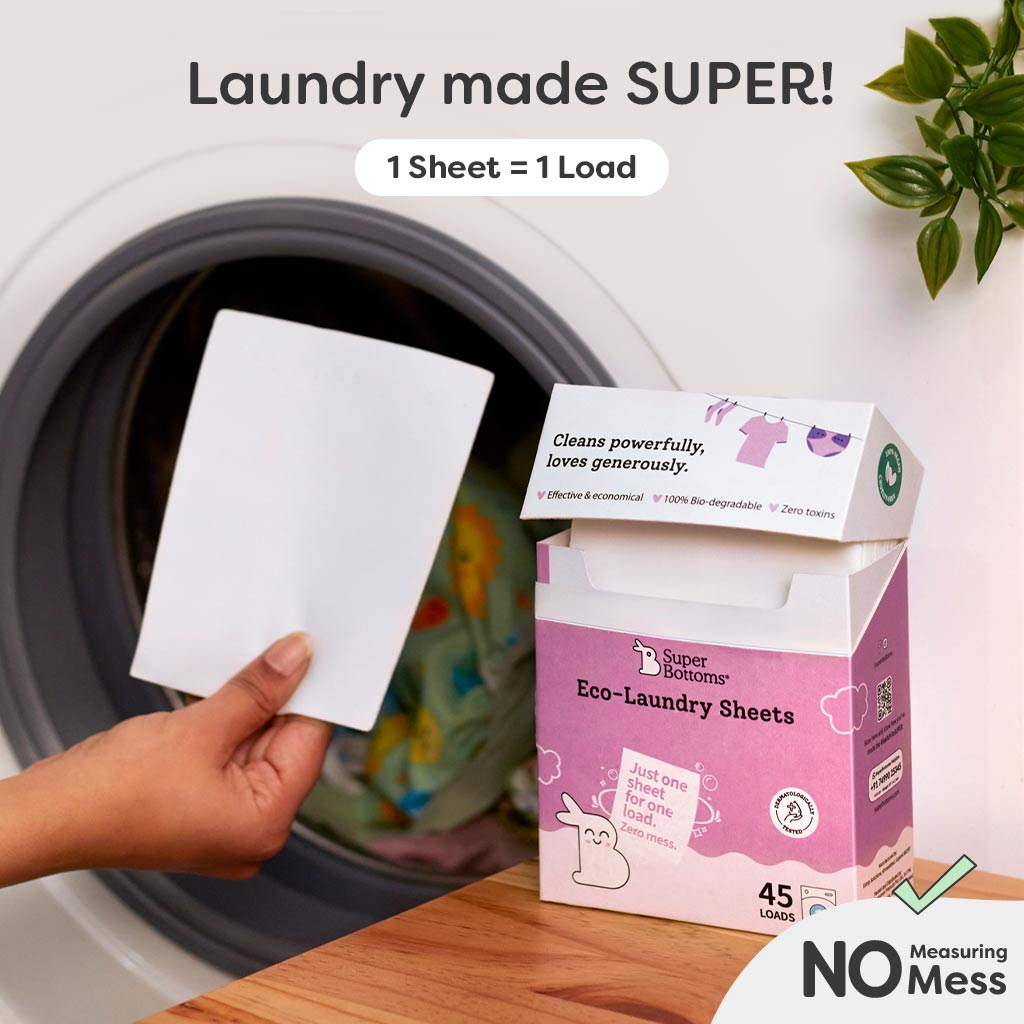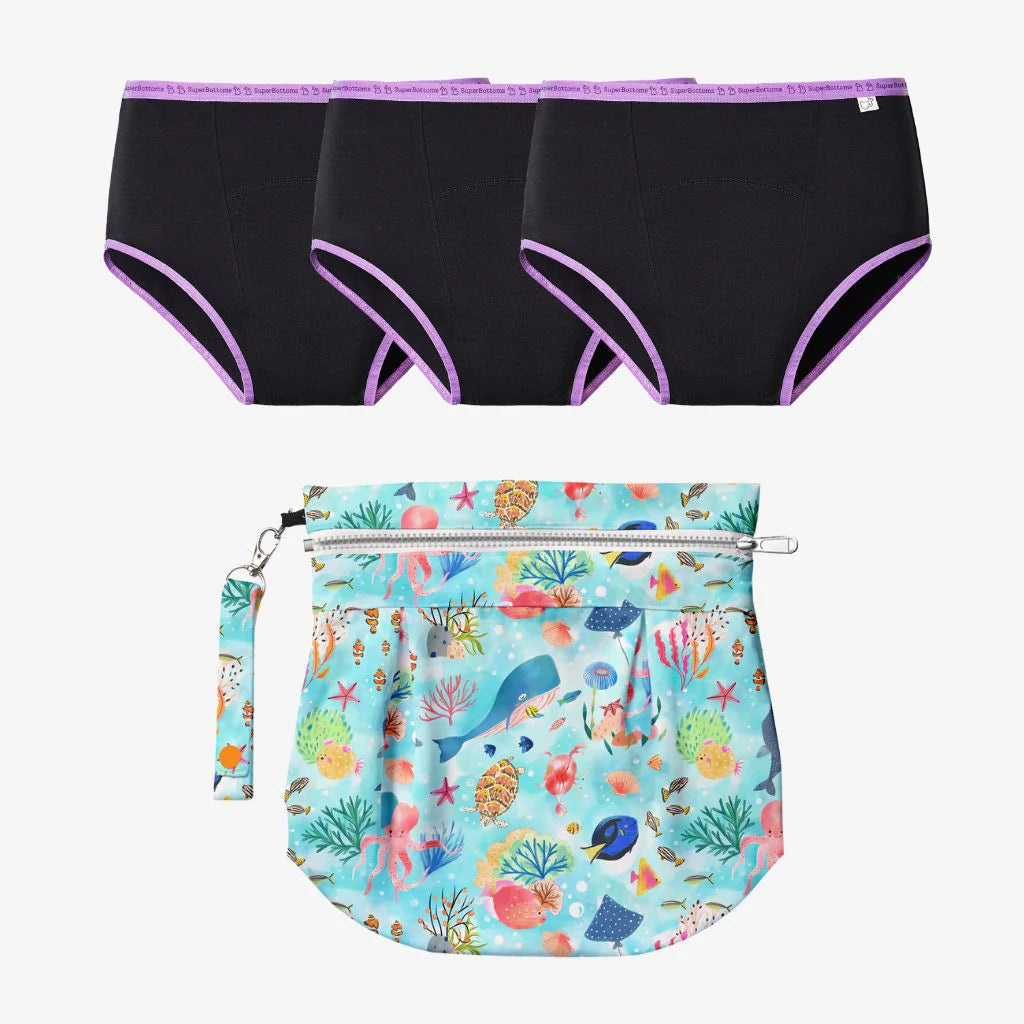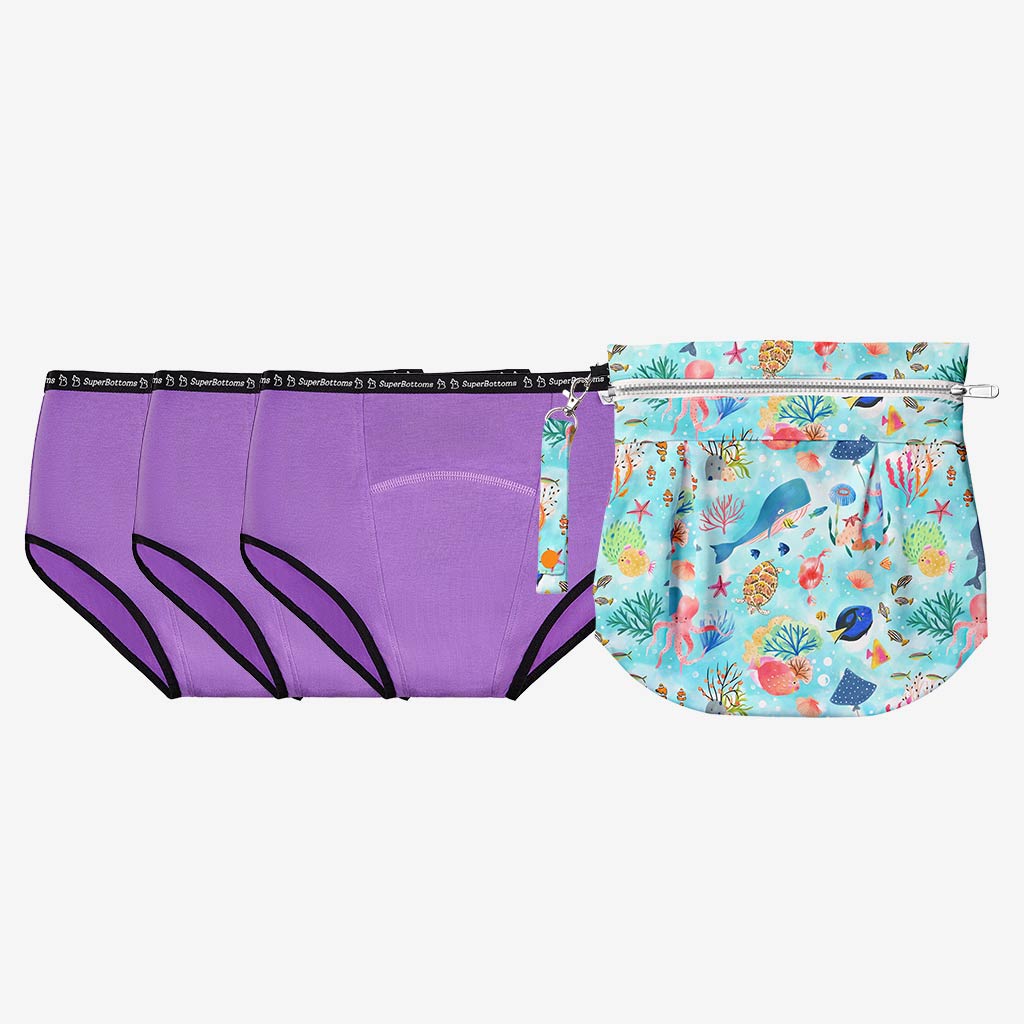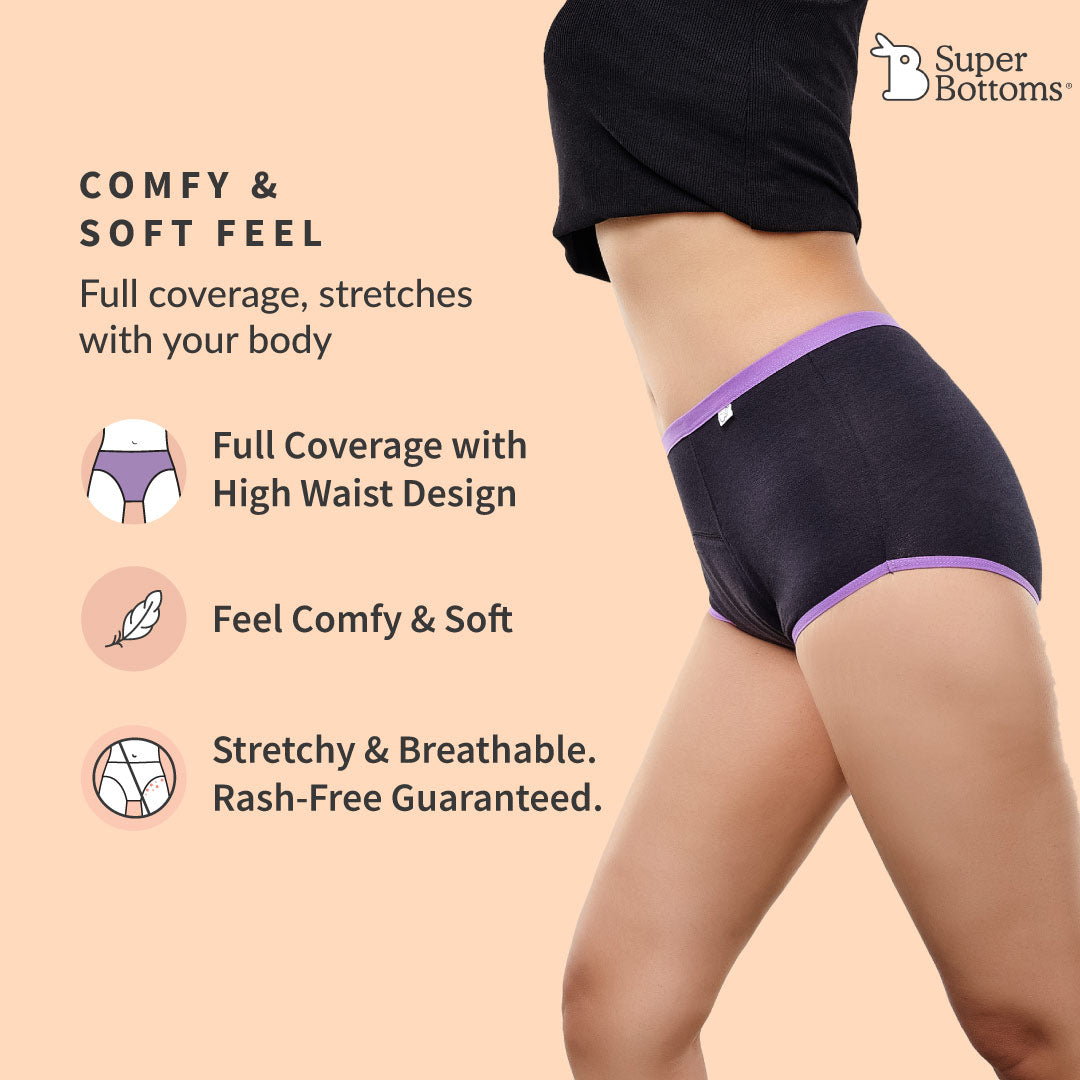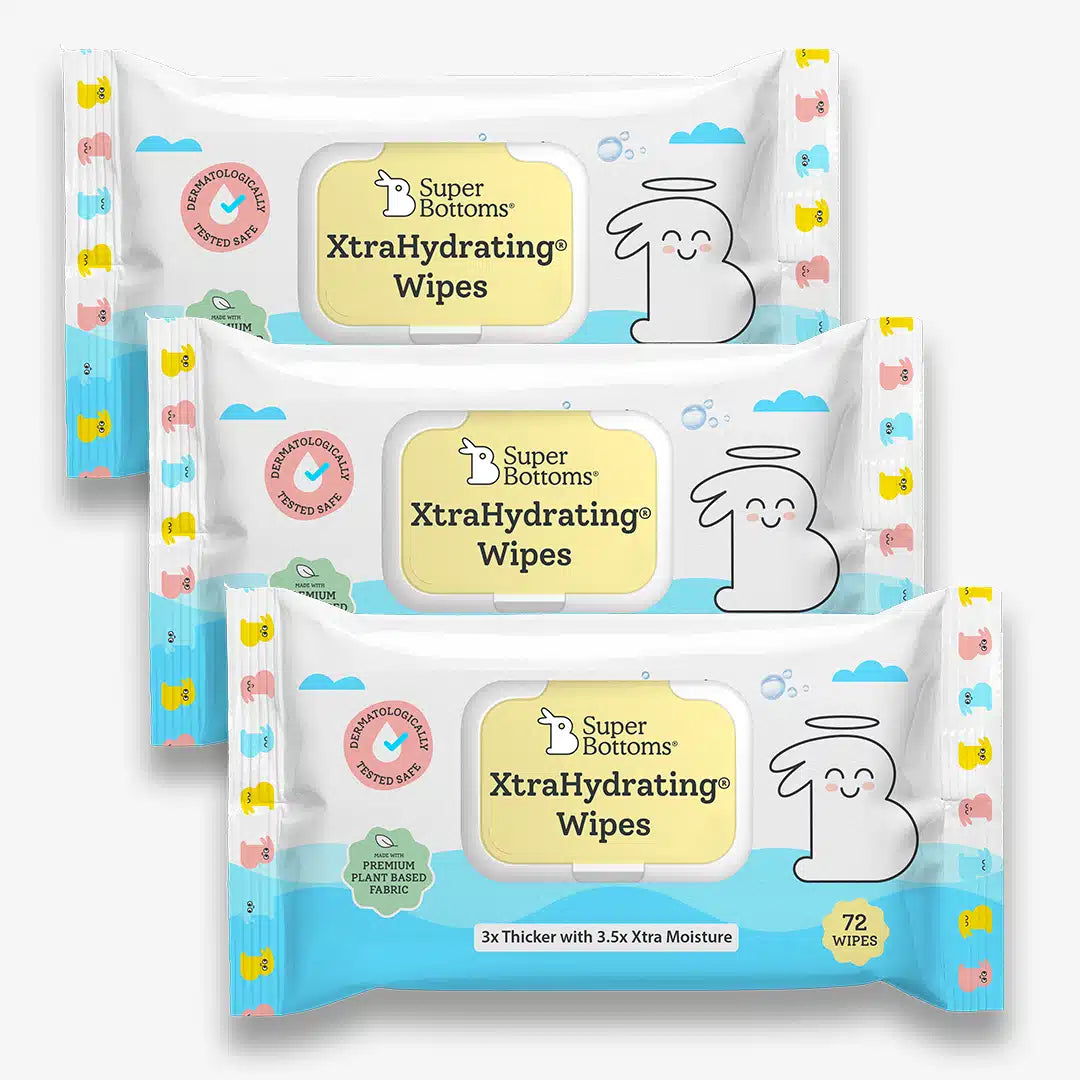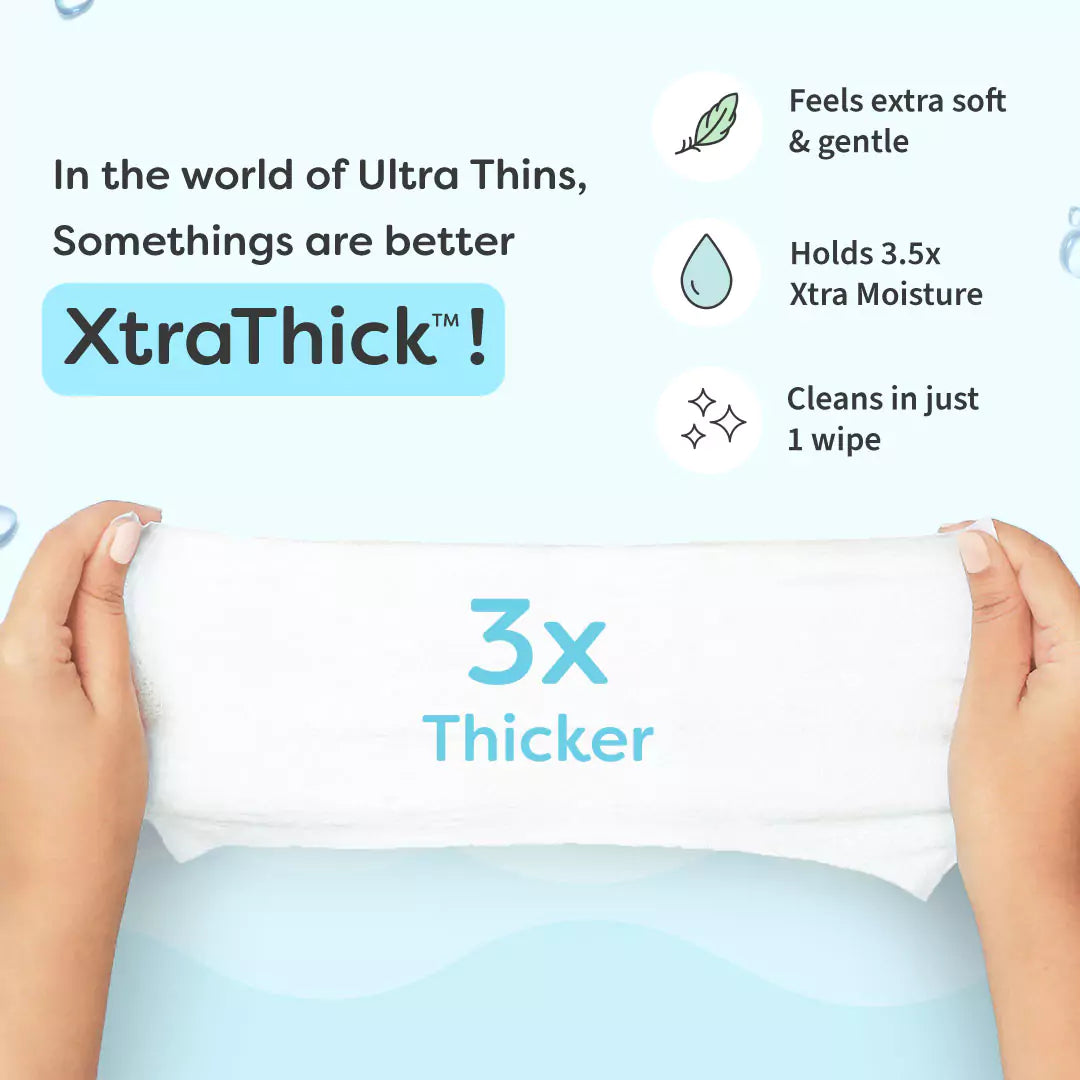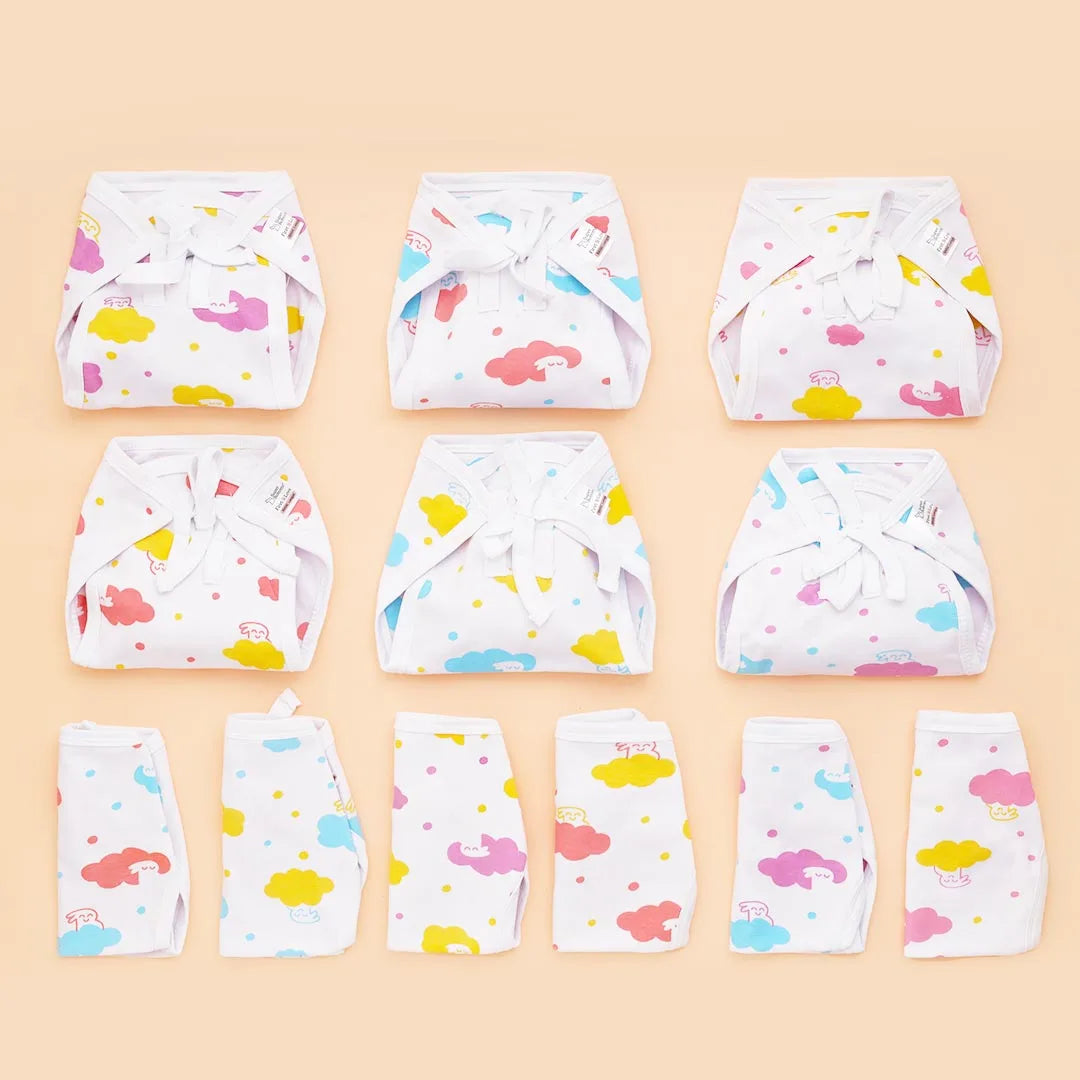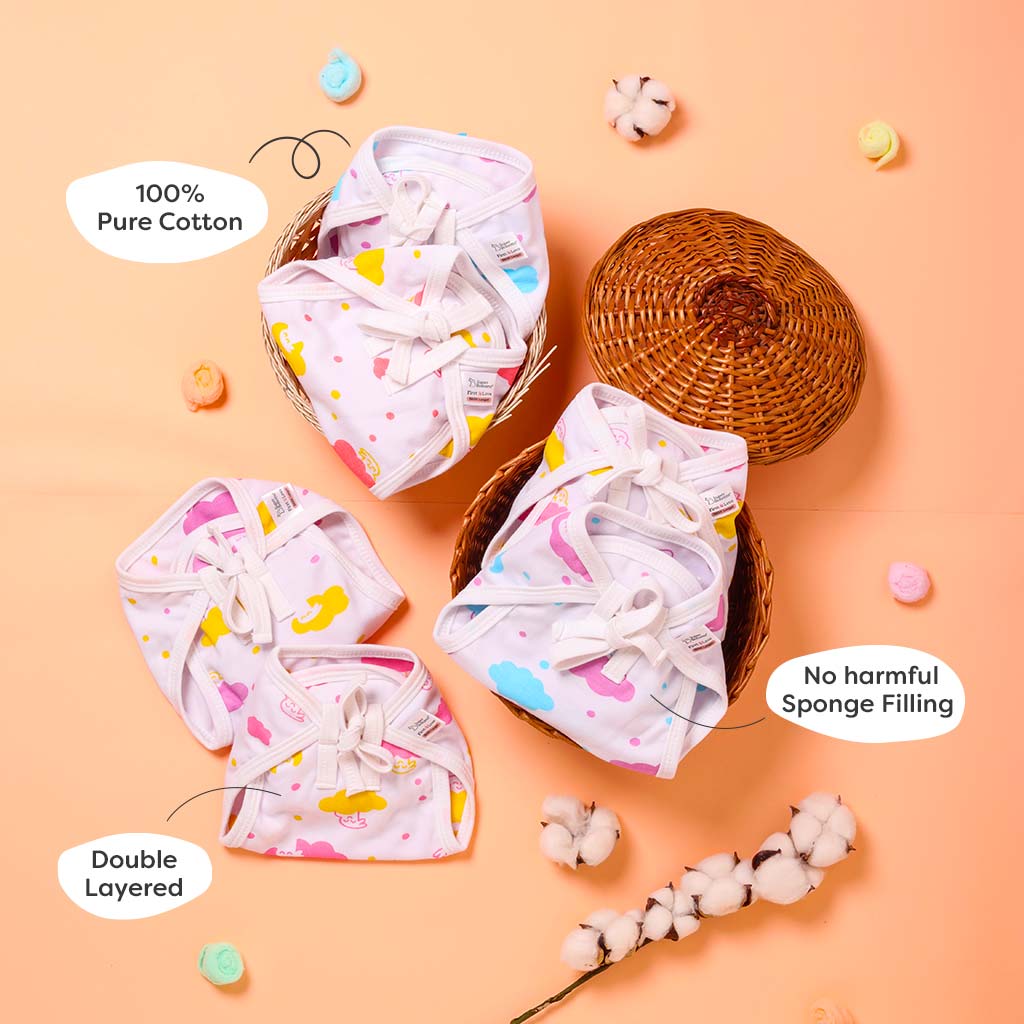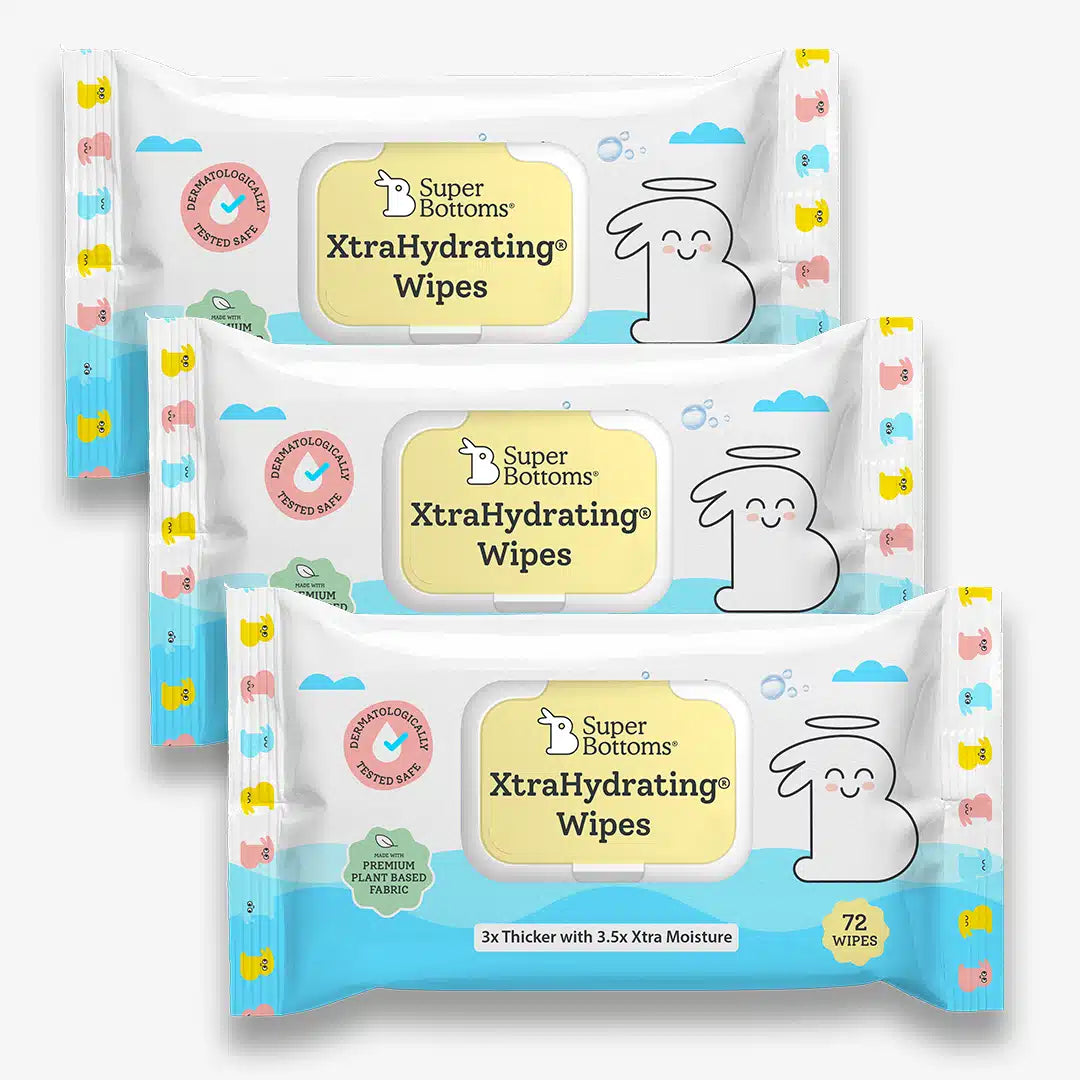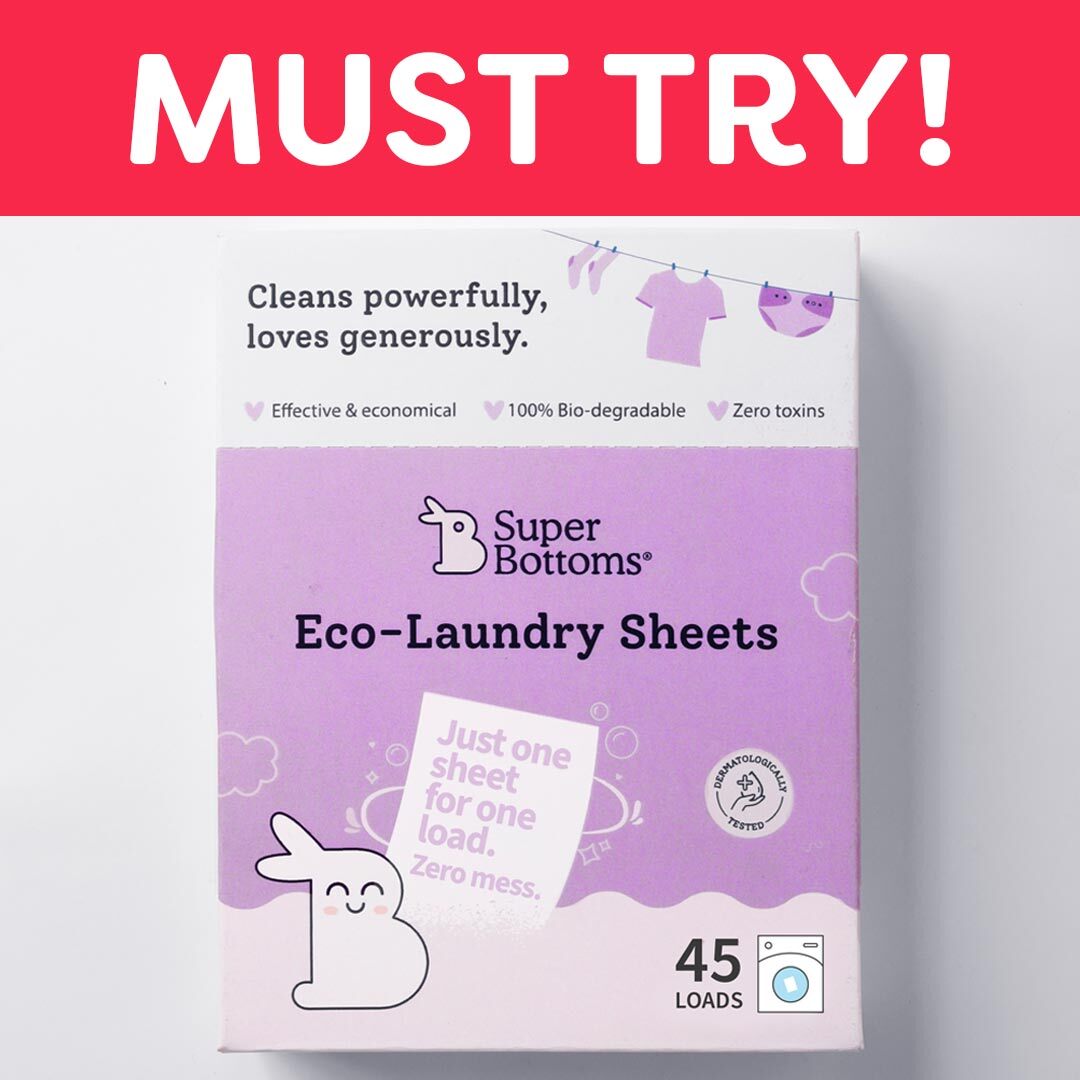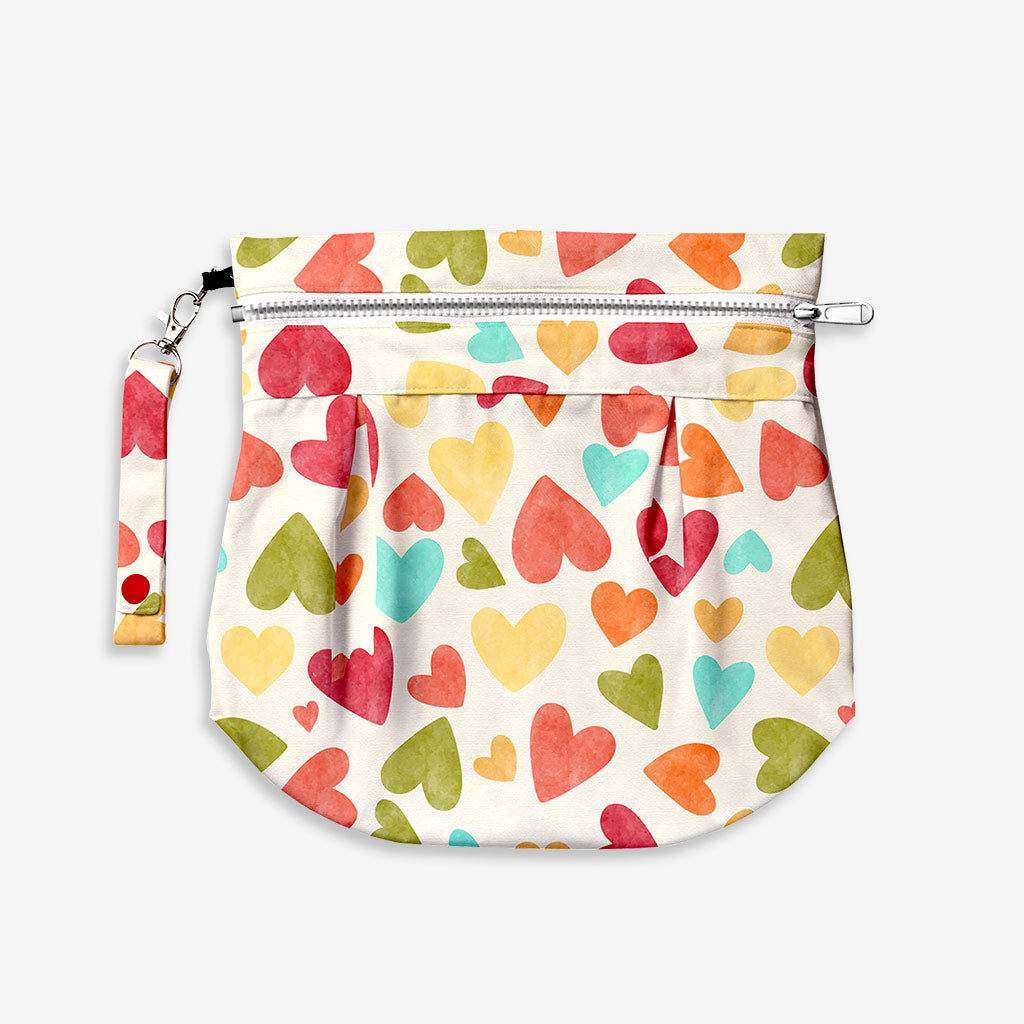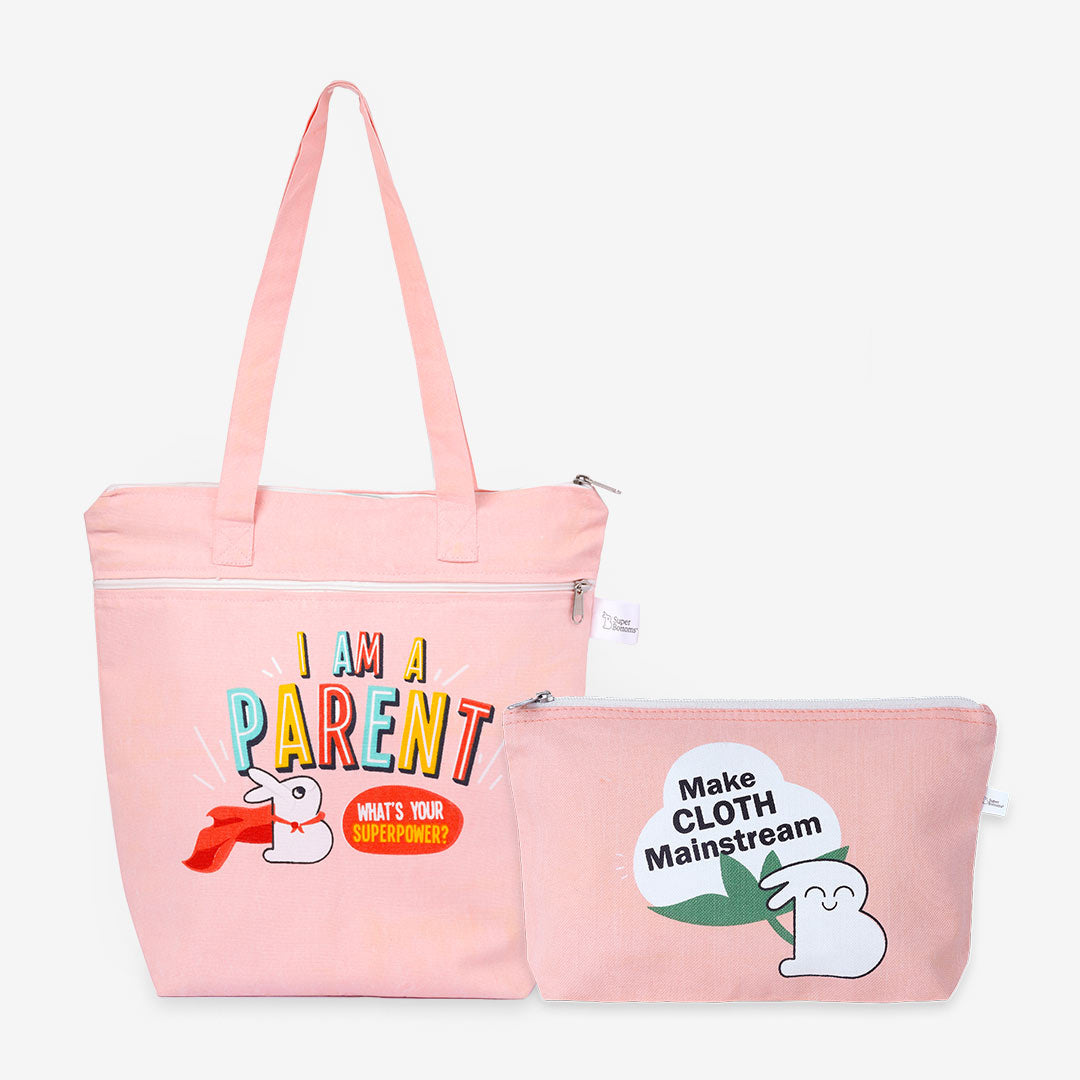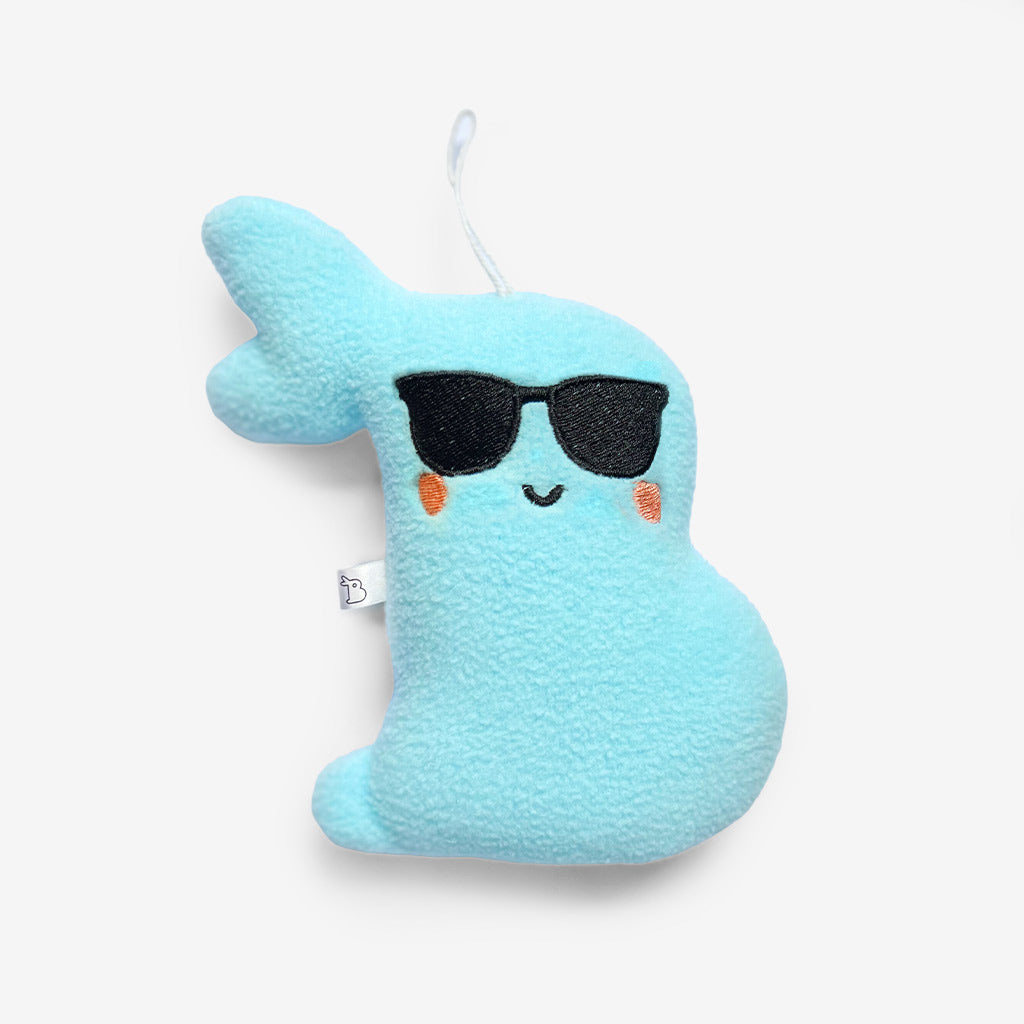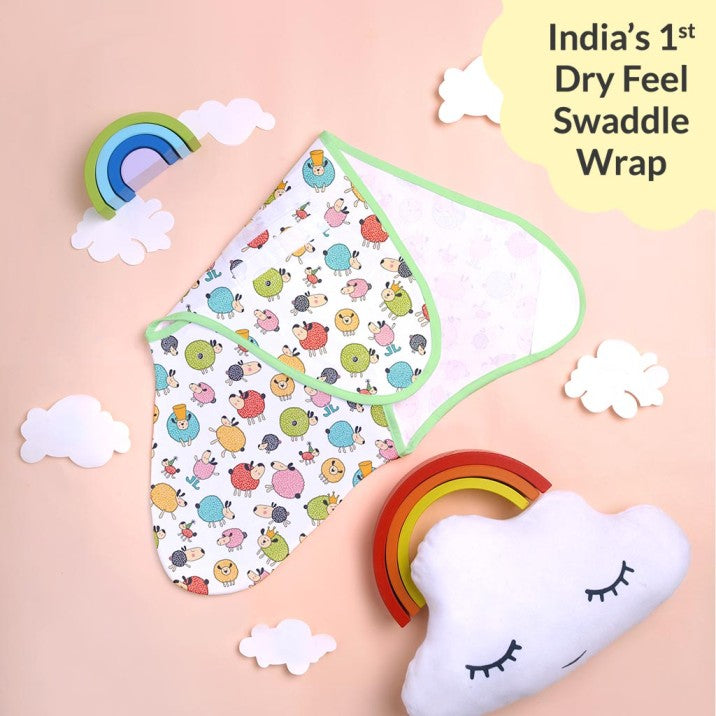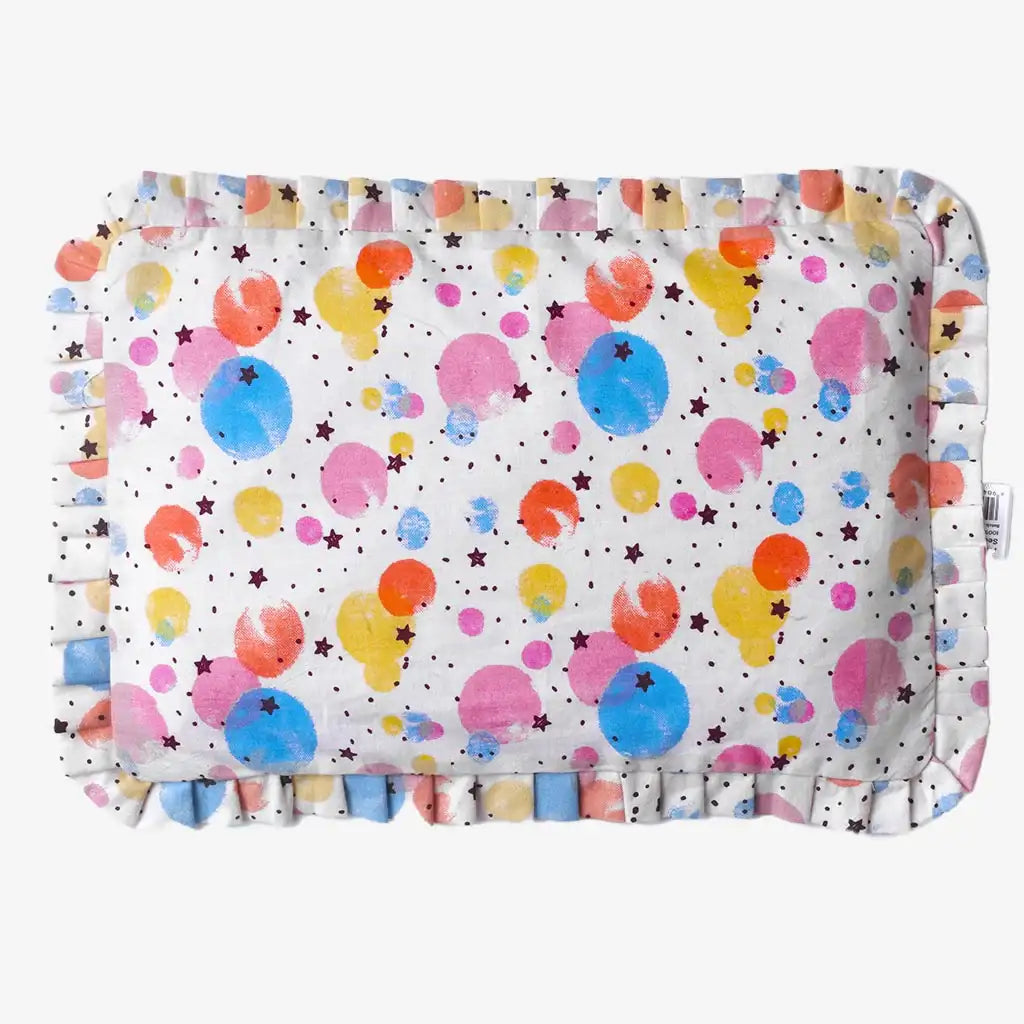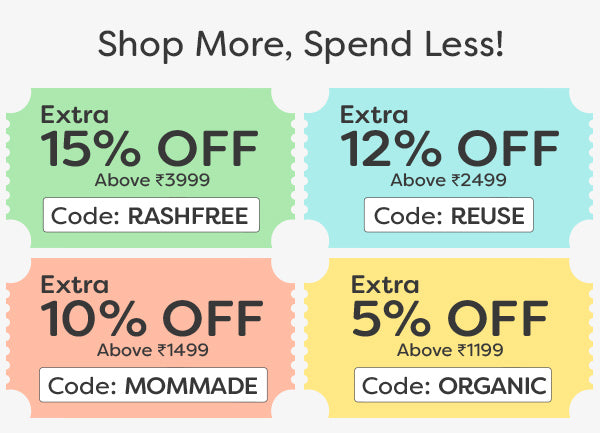It is estimated that 6% to 8% of children worldwide suffer from common food allergies in babies. Certain foods cause an immune system overreaction in children, resulting in everything from itching and eczema to difficulty breathing. Starting to feed solid foods to a baby is an exciting milestone for parents. However, it comes with challenges and concerns, especially concerning food allergies. Please continue reading to learn more about common food allergies in babies and signs that help you identify them quickly.
What are Baby Food Allergies?
A food allergy occurs when the body's immune system, usually responsible for fighting infections, perceives the food as an invader. As a result, an allergic reaction occurs. Even if previous reactions were mild, someone with a food allergy is always at risk of life-threatening reactions. While a family history of food allergies and similar conditions may be a hint that your baby will have allergies as well, it is not always the best predictor.
Most Common Food Allergies in Babies
When introducing solid foods to your baby, introduce foods that can cause allergic reactions one at a time and in tiny amounts so that any response can be detected. If your newborn baby already has a food allergy or eczema, or if you have a family history of food allergies, eczema, asthma, or hay fever, you should be extra cautious when introducing foods. There are over 160 allergenic foods; some are more allergenic than others. The following eight foods and food groups are known to potentially cause allergic reactions up to 90% of the time. The following foods can cause an allergic reaction:
1. Cow’s Milk
2. Eggs
3. Tree nuts such as walnuts or almonds (serve them crushed or ground)
4. Fish
5. Soy
6. Shellfish (do not serve raw or lightly cooked)
7. Peanuts
8. Wheat
Your baby's daily diet should include a variety of foods within a few months of starting solid foods, such as breast milk, formula, meats, cereal, vegetables, fruits, eggs, and fish. Once introduced and tolerated, these foods should be included in your baby's regular diet to reduce the risk of allergy.
Many children outgrow milk or egg allergies, but peanut allergies are usually permanent. If your child has a food allergy, carefully read food labels. If you are unsure whether a food contains the allergen to which your child is allergic, avoid it or consult your child's doctor about the best dietary options.
|
Limited Offers Ending Sooner - BUY NOW Now or never offers live on the SuperBottoms website. Take advantage of the ccc-before discounts & deals on our offer page! Stock up on the bestselling UNO diapers, accessories & other popular SuperBottoms baby and mom products now available in deals and discounts. HURRY, the deals are live till stocks last! |
Signs of Food Allergies in Baby
Food allergy symptoms typically appear within minutes to a few hours of eating the food. Keep an eye out for the following symptoms when introducing new foods to your baby:
1. Diarrhea or vomiting
2. Loss of Consciousness
3. Having trouble breathing
4. Wheezing or coughing
5. Skin flushing or a rash
6. Swelling of the face, tongue, or lips
7. Itching or red marks
An allergy can occasionally cause a severe reaction known as anaphylaxis. Anaphylaxis may begin with some of the same symptoms as a less severe reaction, but it can quickly get worse, and the baby may have difficulty breathing. This is a medical emergency that must be addressed right away.
Do not be inclined to experiment by eliminating significant food, such as milk, because this may result in your child not receiving the required nutrients. Please talk to your doctor immediately, or find someone who can refer you to a registered dietitian.
Dealing with Common Food Allergies in Babies
Please contact your paediatrician if you notice any mild symptoms, such as hives or a rash. The doctor may refer you to an allergist (allergy specialist doctor), who will ask you additional questions and perform a physical examination. Allergies may require diagnostic tests such as:
1. Skin Test: This test involves applying liquid extracts of food allergens to your child's forearm or back, pricking the skin, and watching for reddish raised spots (known as wheals) to form. A positive food test indicates that your child may be allergic to that food.
2. Blood Tests: These tests detect IgE antibodies in specific foods.
Remember that even if a baby's initial allergic reaction to a new food is mild, it may worsen with subsequent exposures. Consult your paediatrician if your baby shows any food allergy symptoms.
Baby Food Allergy Treatment: Tips and Precautions
Some tips for avoiding allergenic foods are:
1. Read labels thoroughly: Please remember that some labels may state "may contain" or "made on shared equipment" for specific ingredients. This type of labelling is not tightly regulated. If you are concerned about your baby eating these foods, consult a doctor or allergist.
2. Regular Consultations: Have your child tested to see if they've outgrown their allergy over time. This is more likely with milk, egg, wheat, and soy allergies than peanut, tree nut, shellfish, and fish allergies.
3. Chef Cards: Consider getting a chef's card, as it will help notify restaurant staff of your child's specific allergy concerns.
4. While Breastfeeding: There is currently no evidence to support a restricted diet while breastfeeding to prevent allergies in babies. Food proteins reach breast milk about 3 to 6 hours after consumption. Therefore, it takes 1 to 2 weeks after eliminating allergenic foods for your baby's allergy symptoms to disappear.
Key Takeaways
1. Read Labels Thoroughly: If your child has a food allergy, carefully read food labels.
2. Consult a Doctor: Consult your paediatrician if your baby shows any food allergy symptoms.
3. No Evidence: There is currently no evidence to support a restricted diet while breastfeeding to prevent allergies in babies
MESSAGE FROM SUPERBOTTOMS
Hola, New Moms and Dads! We at SuperBottoms ensure that you have the best and safest products for your babies, no matter what corner of India or the world you are in. SuperBottoms is suitable for your baby’s delicate skin, all seasons, and babies at all stages of the cloth diapers and potty training journey! SuperBottoms is an absolute must-have for you and your child if you live in Canada, Kuwait, the United States, Qatar, Hawaii, Bahrain, Armenia, the United Arab Emirates, or the Philippines.



